If you've noticed dull hair, dry skin, or soap that just won’t lather, you’re likely dealing with hard water. Hard water contains high levels of minerals like calcium carbonates and magnesium carbonates. While these minerals aren’t harmful to our health, they can leave some frustrating traces on our hair, skin, and plumbing. That’s where a shower filter for hard water comes into play. They’re a practical, cost-effective solution to reduce hard water damage, leaving you with healthier skin, smoother hair, and a cleaner bathroom!
For homes experiencing especially harsh water quality, a dedicated Water filter for hard water can further enhance your bathing experience. These filters are specially designed to handle high mineral content, offering a more advanced solution than standard shower filters. They help prevent scale buildup, reduce soap scum, and deliver noticeably softer water—ideal for healthier hair and skin.
3 Key Impacts of Hard Water on Hair and Skin
1. Mineral Residue and Premature Fading
Hard water can leave a mineral residue on your hair, making it feel rough and dull. This residue can also block moisture from penetrating your hair strands, leading to dryness increased brittleness, and eventually hair fall. If you color your hair, hard water can strip away the color faster, causing premature fading.
2. Dry and Itchy Skin
Just like with hair, hard water deposits a mineral film on the skin, making it harder for soap to cleanse effectively. It can leave your skin feeling dry, tight, and even itchy. The residue may even worsen skin conditions like eczema or psoriasis.
3. Soap Scum
Hard water leads to less lather instead soap scum is formed when using soap or shampoo. Without good lather, the performance of shampoos and soaps decreases causing less cleaning. Even after a shower, you won't feel clean due to this issue.
How Shower Filters Help Fight Hard Water
Shower filters are an excellent way to reduce the damage caused by hard water. They work by reducing the extent of harmful minerals and other impurities, leading to a cleaner, softer shower experience. Here’s how:
1. Filtering Out Minerals
Shower filters contain a variety of filtration agents that help trap hard water minerals before they reach your skin and hair. Common filtration materials include:
- Activated Carbon: This is excellent for removing chlorine and some mineral impurities. It works by adsorbing unwanted substances, leading to clearer water.
- KDF (Kinetic Degradation Fluxion): This material changes the structure of hard salts and other impurities. It’s highly effective at filtering out both chlorine and mineral salt content from water.
- Vitamin C Filters: Vitamin C, neutralizes chlorine, giving a gentler, more nourishing feel to the water.
2. Improving Water Softness
Some shower filters are designed to soften water slightly. While they may not turn hard water into true soft water (like a water softener does), they reduce enough minerals to make a noticeable difference. A softer shower experience means a reduction in soap scum, smoother skin, and hair that’s easier to manage.
3. Reducing Chlorine and Other Chemicals
Groundwater has a lot of impurities including calcium and magnesium carbonates which leads to water hardness. Similarly, chlorine used in municipal water is also very harsh on our skin and hair. While chlorine helps keep water clean, it can also be harsh on the skin and hair, leading to dryness and even irritation. Shower filters, especially those with carbon or Vitamin C components, help neutralize chlorine, making water gentler on the body.
4. Preventing Buildup in Showerheads
Hard water doesn’t just affect your body; it can also clog up your plumbing. Calcium and magnesium carbonate deposits build up in showerheads and pipes, reducing water pressure over time. Shower filters can help prevent this by trapping minerals before they reach your plumbing, which can save you money on maintenance in the long run.
Types of Shower Filters and How to Choose
When choosing a shower filter, it’s essential to know what specific concerns you’re aiming to address. Here are some common types:
1. Carbon Filters: Best for removing chlorine and reducing some impurities but not as effective against heavy mineral content.
2. KDF Filters: Ideal for heavy-duty filtration, as they handle both chlorine and mineral deposits effectively. They’re more durable and work well with higher temperatures.
3. Vitamin C Filters: Particularly effective against chlorine. They’re great for people with sensitive skin or who want an extra boost of Vitamin C for softer skin and hair.
4. Multi-Stage Filters: These are the best out of the above utilizing different media targeting different impurities in water. Filtration methods like carbon, KDF, and Vitamin C target a broader range of impurities, providing a balanced solution for people dealing with both mineral content and chlorine in their water.
Maintenance and Replacement of Shower Filters
Shower filters need periodic cartridge replacement to remain effective. Over time, the materials inside the filter get saturated with minerals, reducing their ability to clean the water. Generally, filters last upto 6 months, depending on water quality and usage. Make sure to check the manufacturer’s guidelines for replacement timelines, as using an old filter may be less effective.
Key Benefits of Using a Shower Filter
1. Healthier Hair and Skin: A shower filter can help reduce dryness, itchiness, and flakiness, giving you smoother skin and shinier hair.
2. Reduced Chemical Exposure: By filtering out chlorine and other chemicals, you reduce your daily exposure to these irritants.
3. Easier Bathroom Cleaning: With fewer minerals in the water, you’ll see less soap scum and limescale buildup, making cleaning less of a chore.
4. Long-Term Cost Savings: By protecting your plumbing and water fixtures from mineral buildup, you can save on repair and replacement costs in the long term.
Conclusion
A shower filter offers an accessible way to protect your hair, skin, and bathroom fixtures from the harmful effects of hard water. They give you a cleaner and more enjoyable shower experience and if you’re tired of dealing with dry skin, brittle hair, or constant soap scum, investing in a shower filter might be the solution you need for a refreshing change!
Reference: Caredale



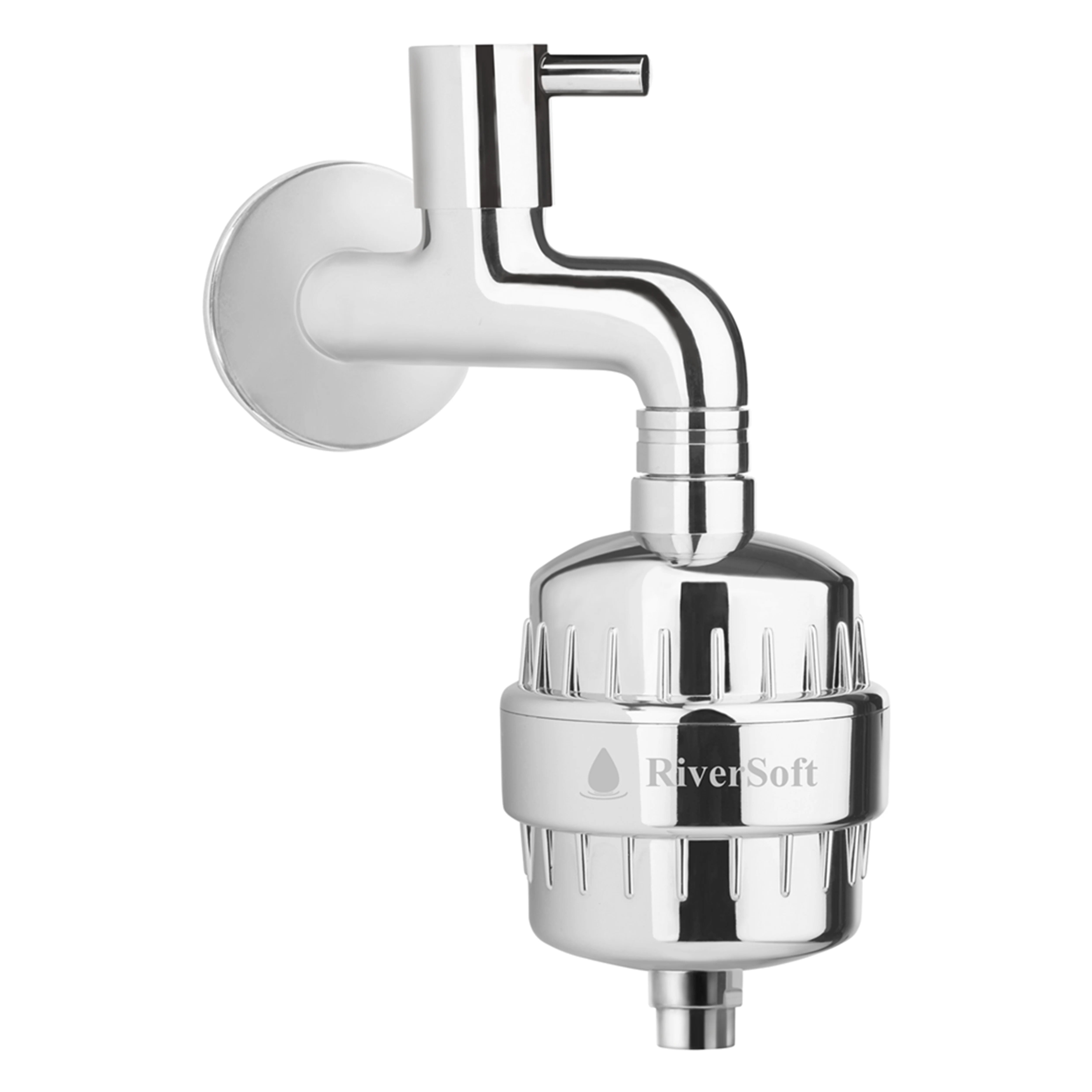
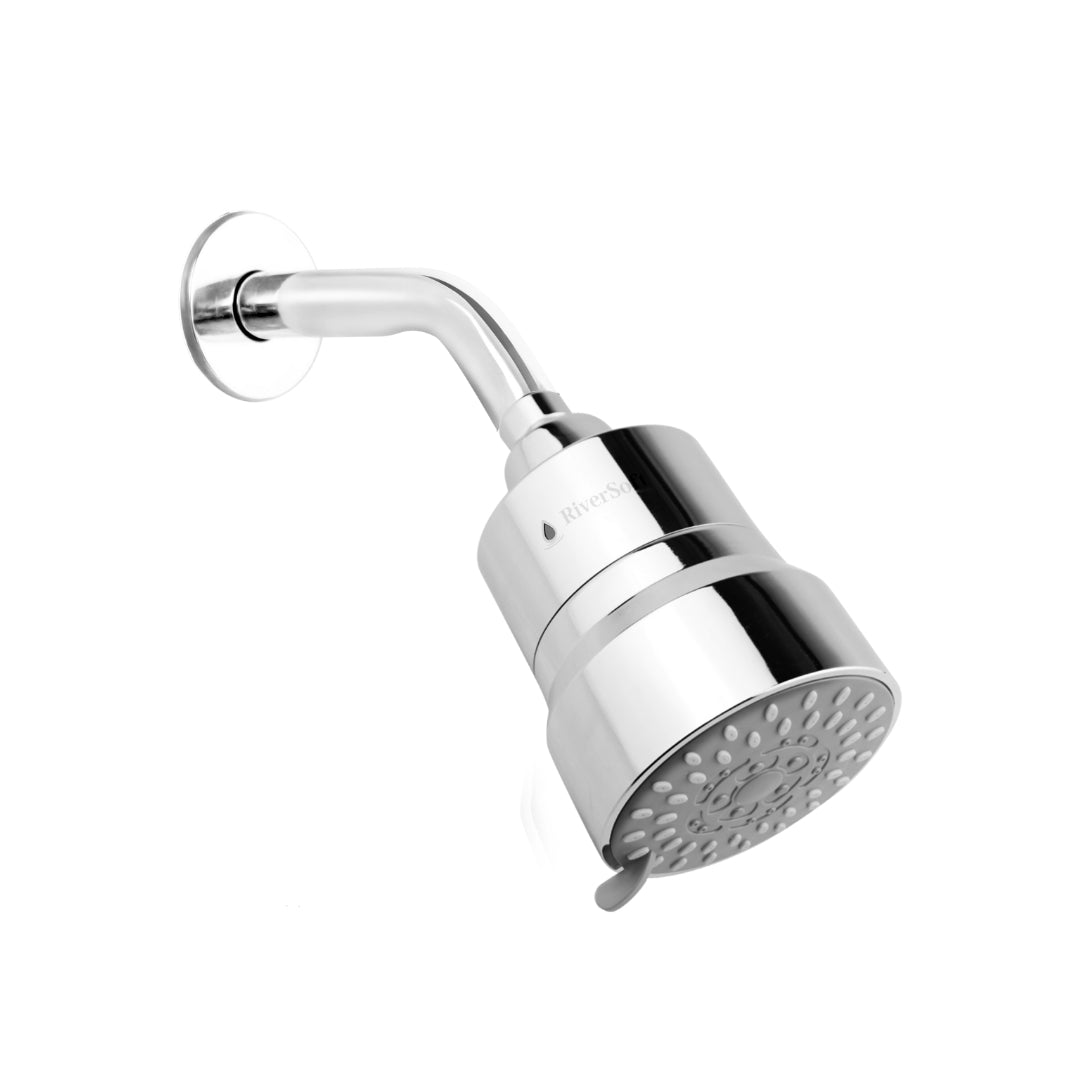
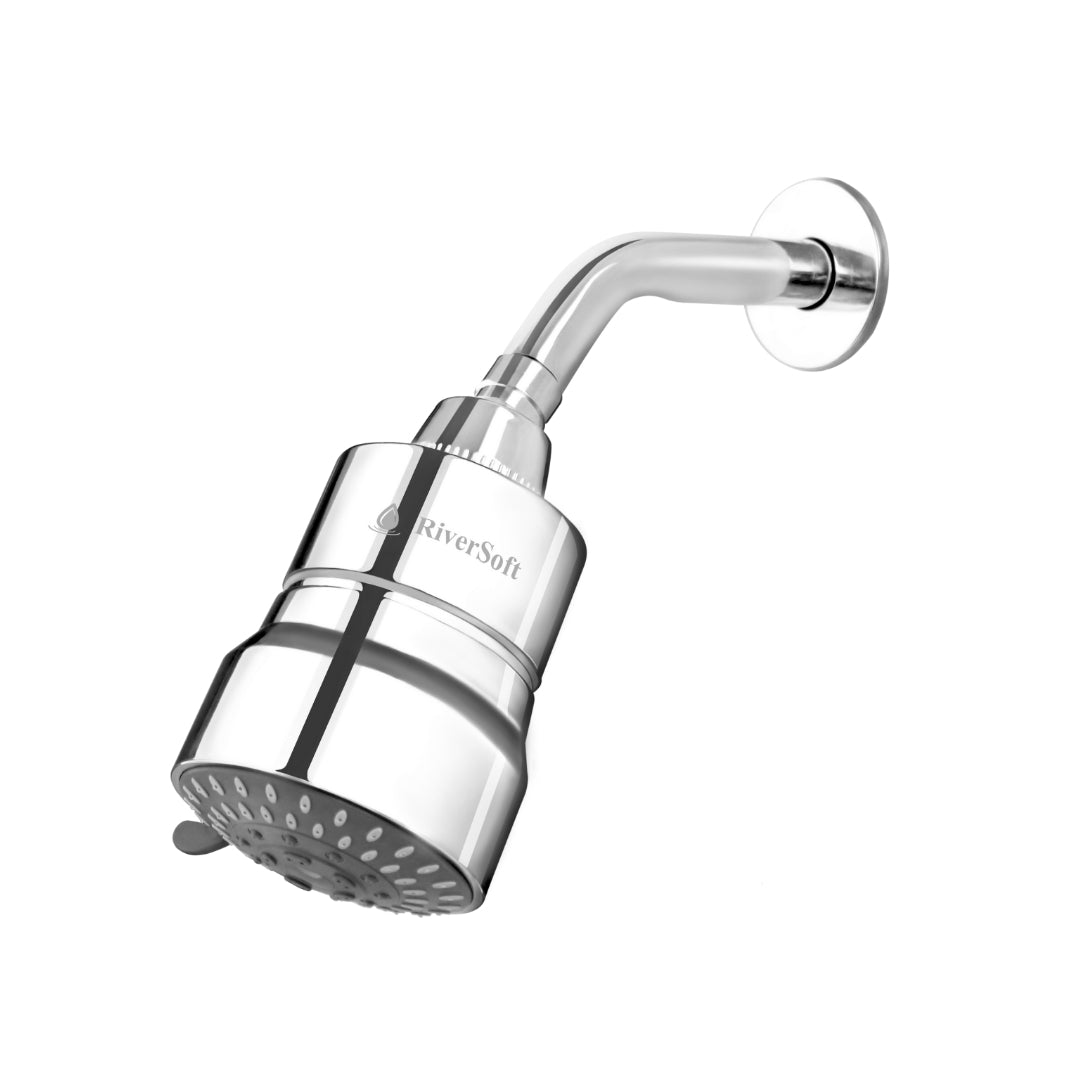
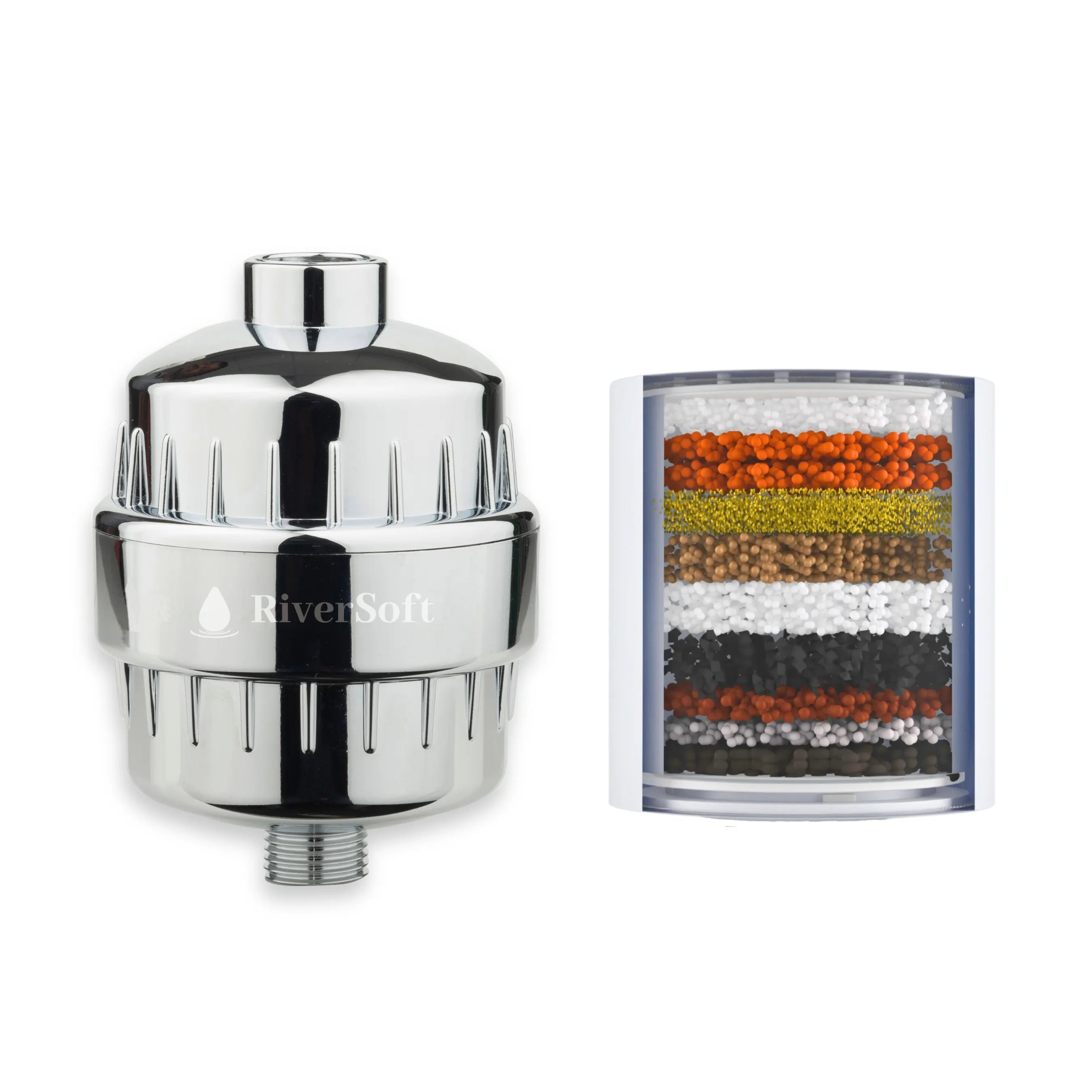
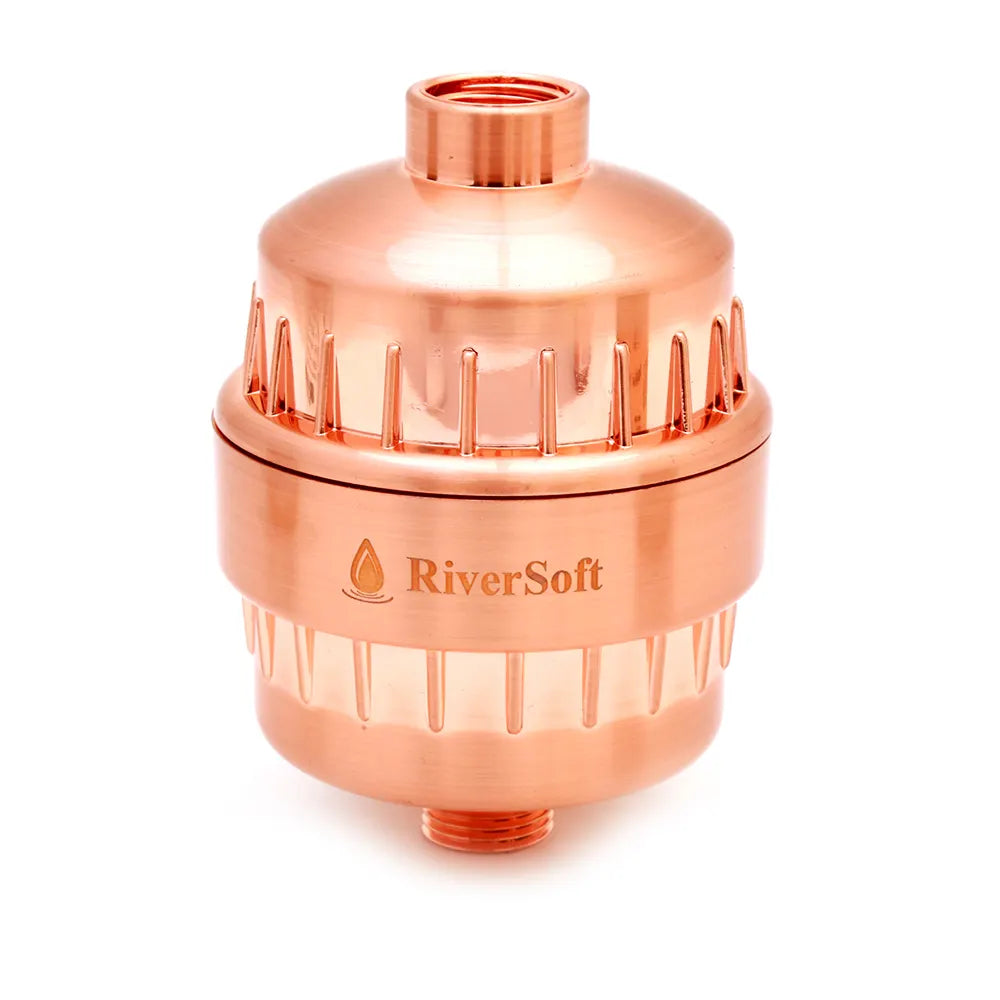
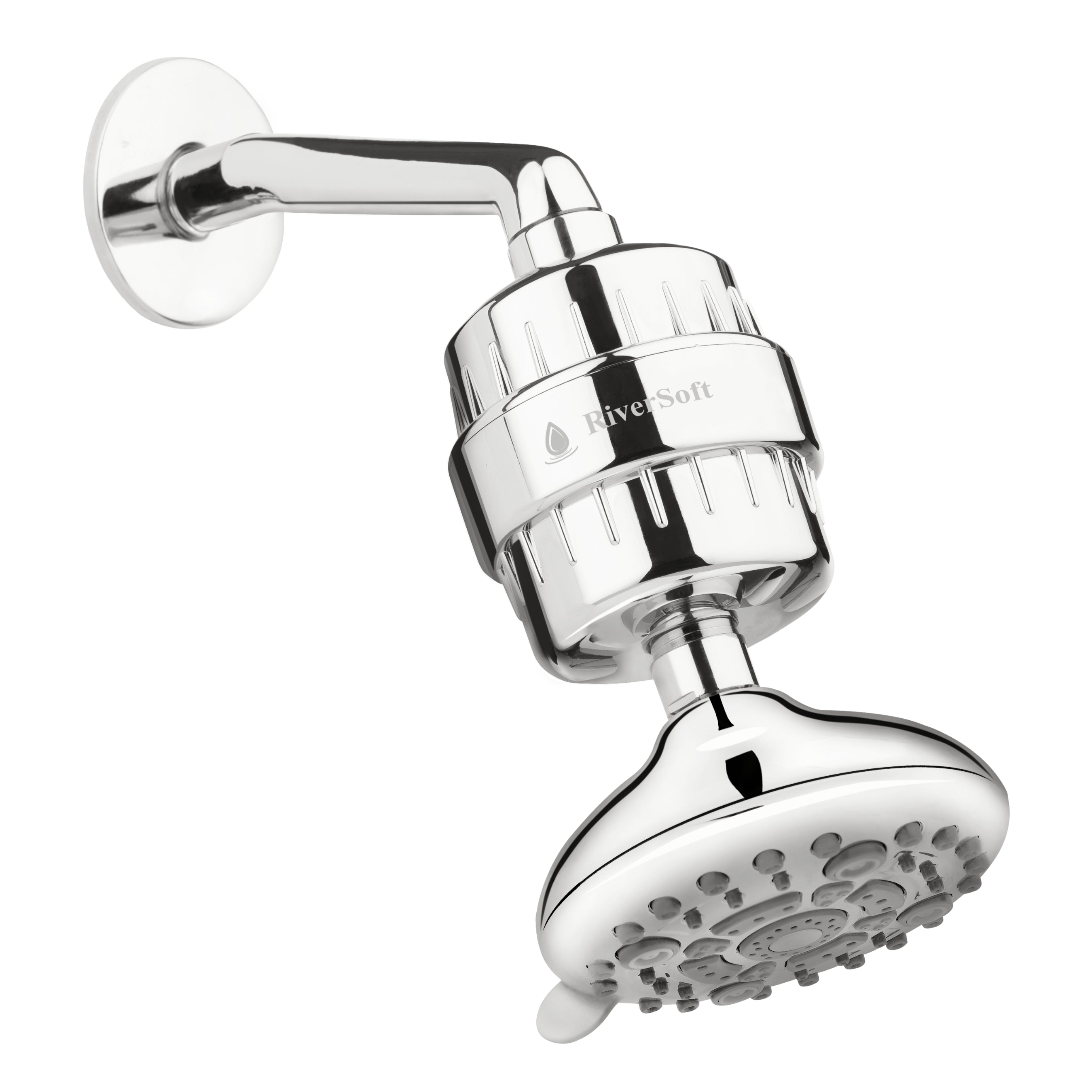
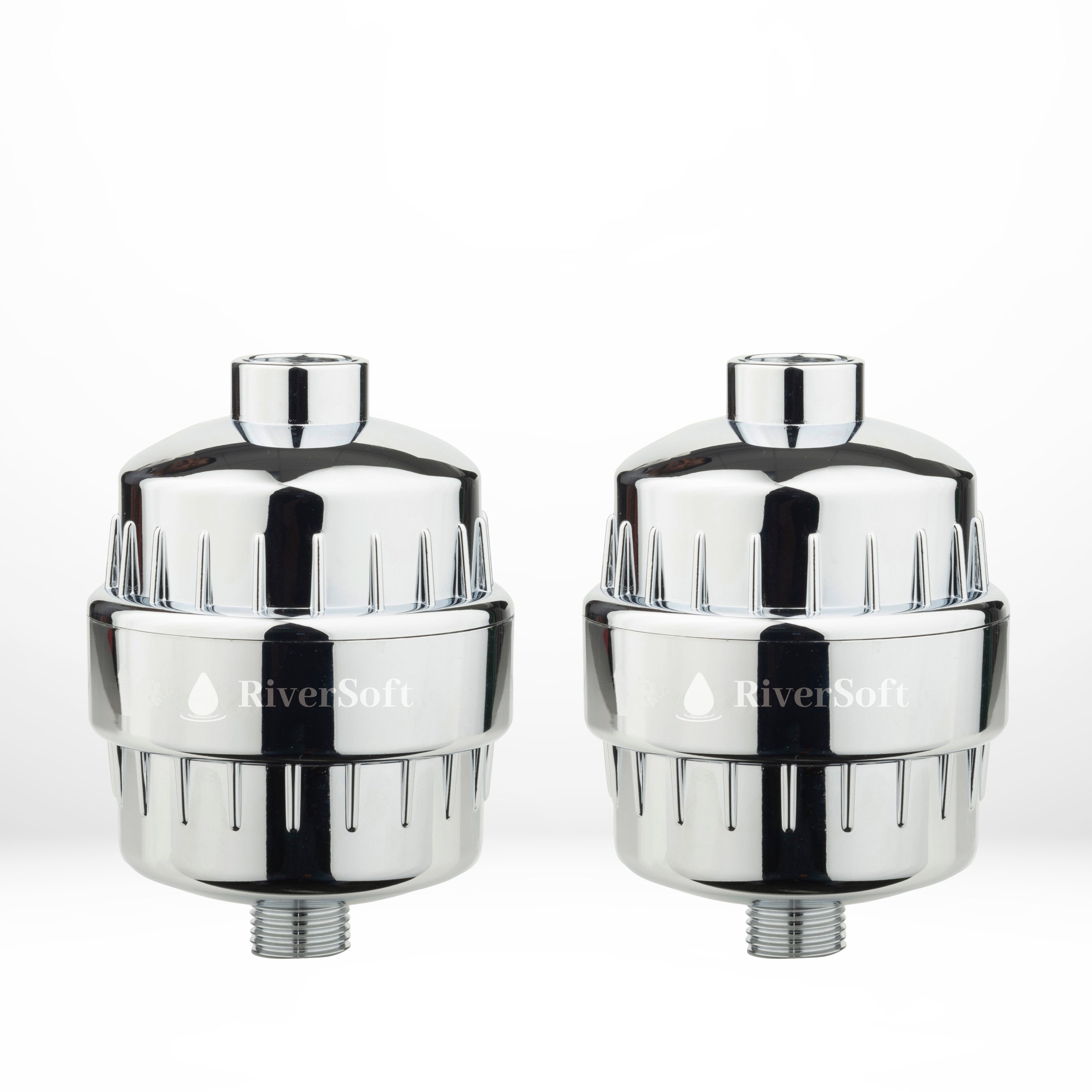
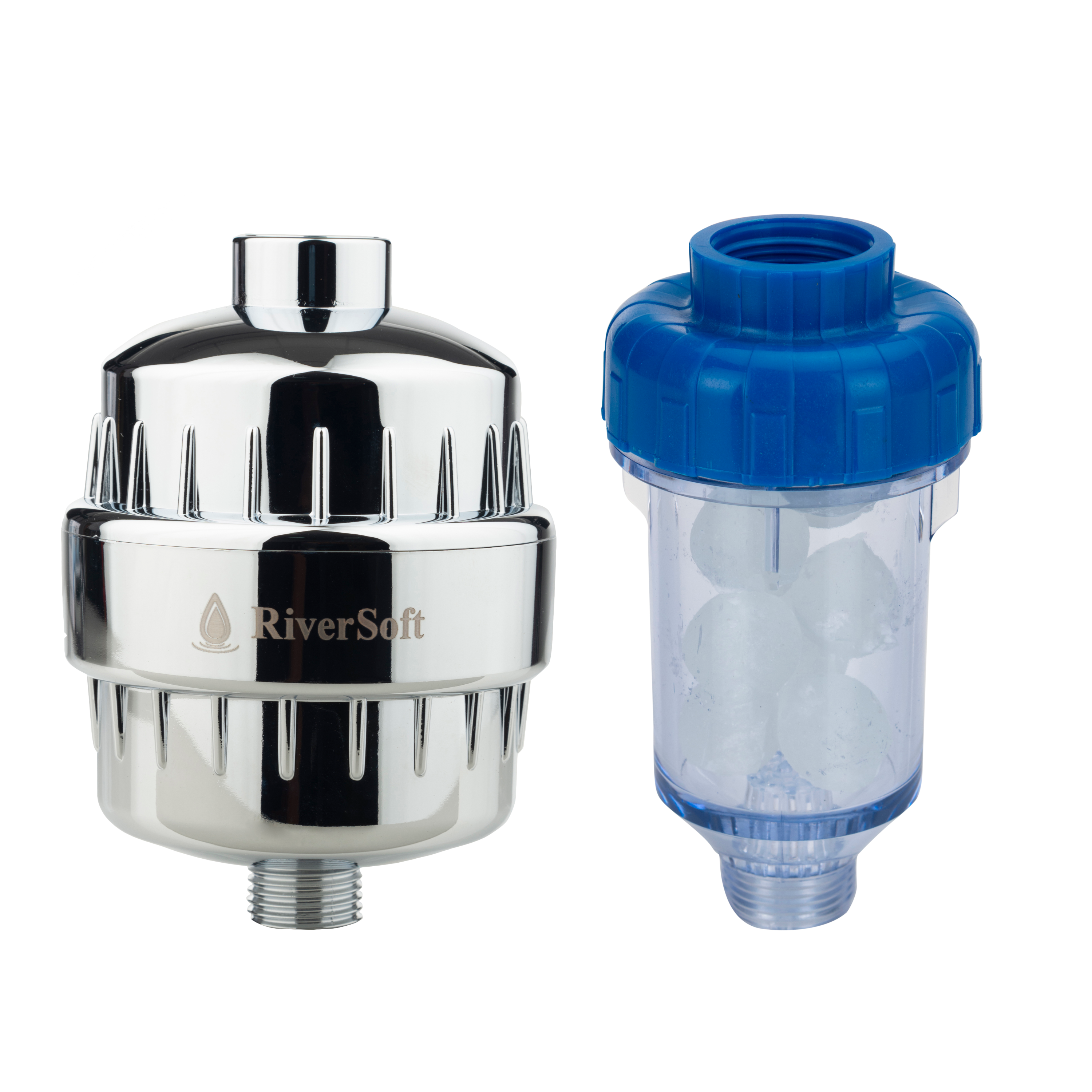
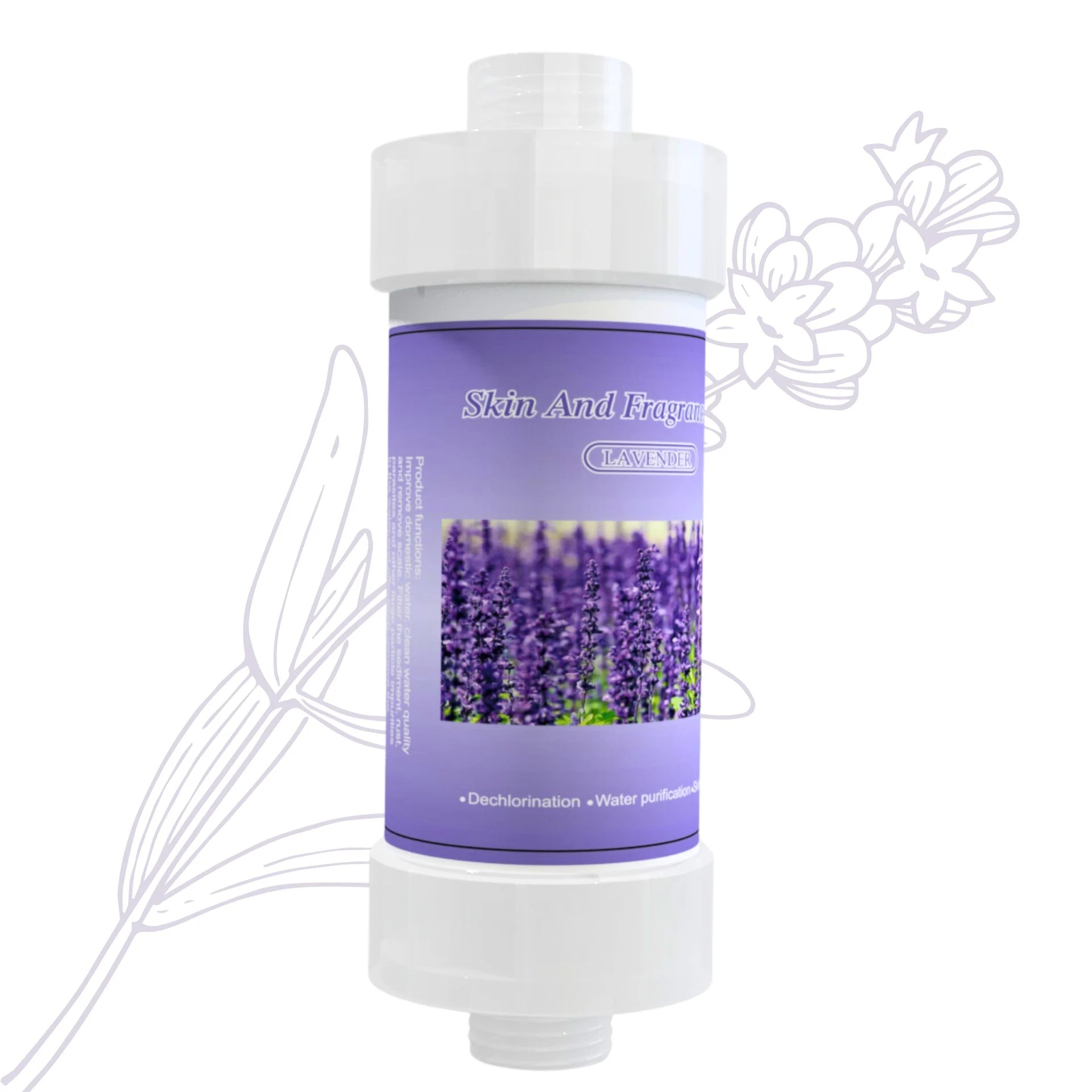
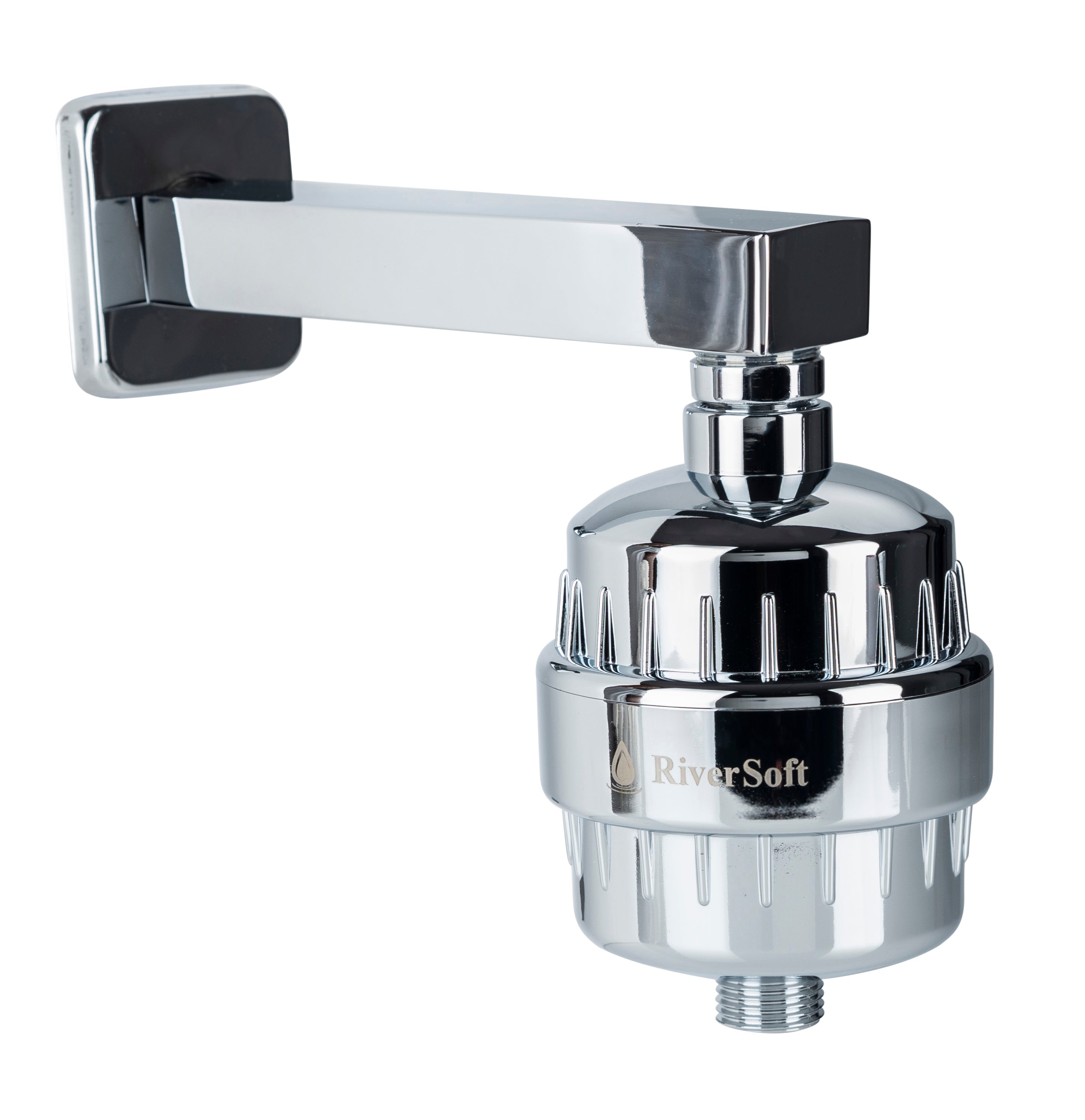
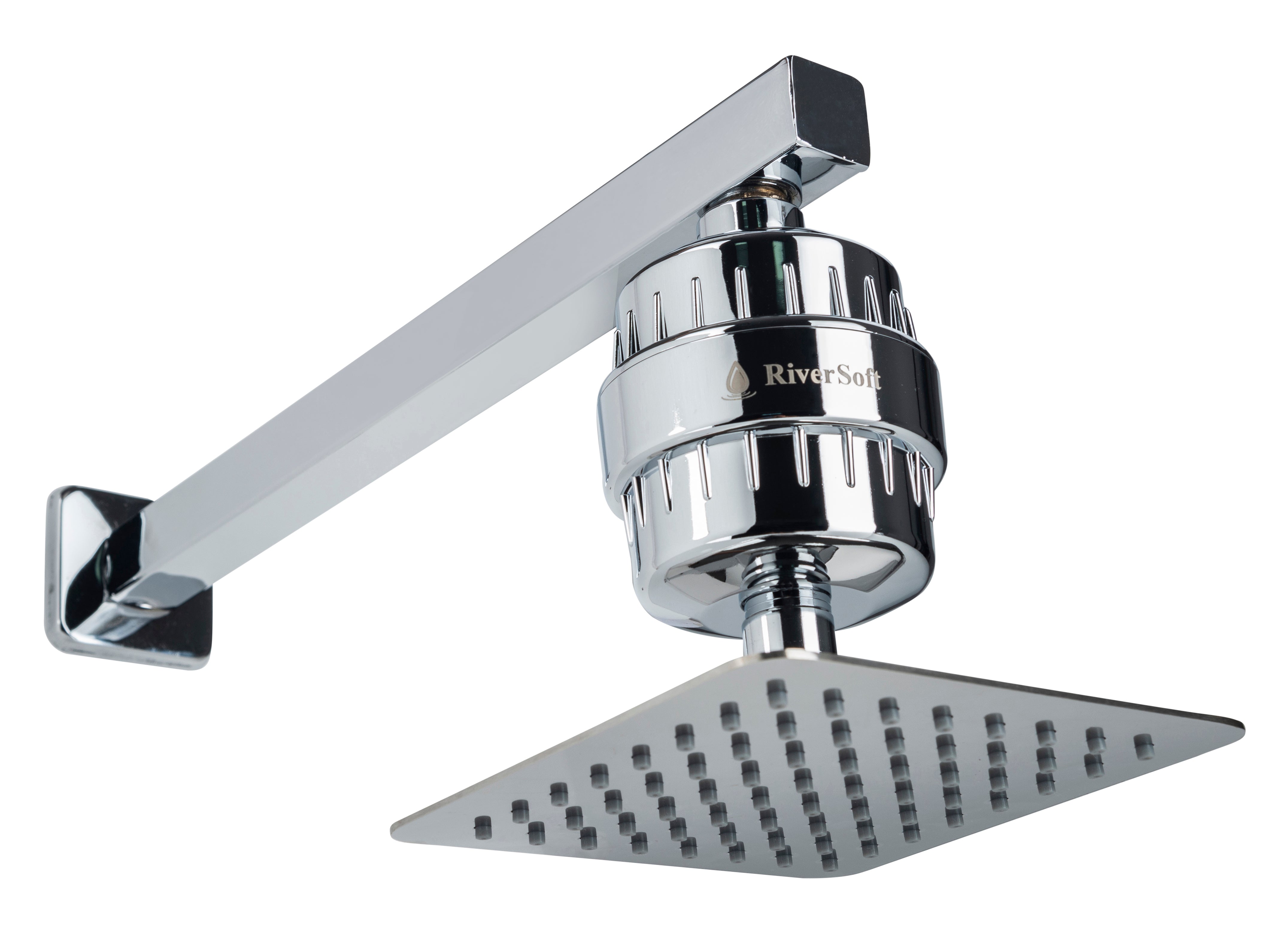
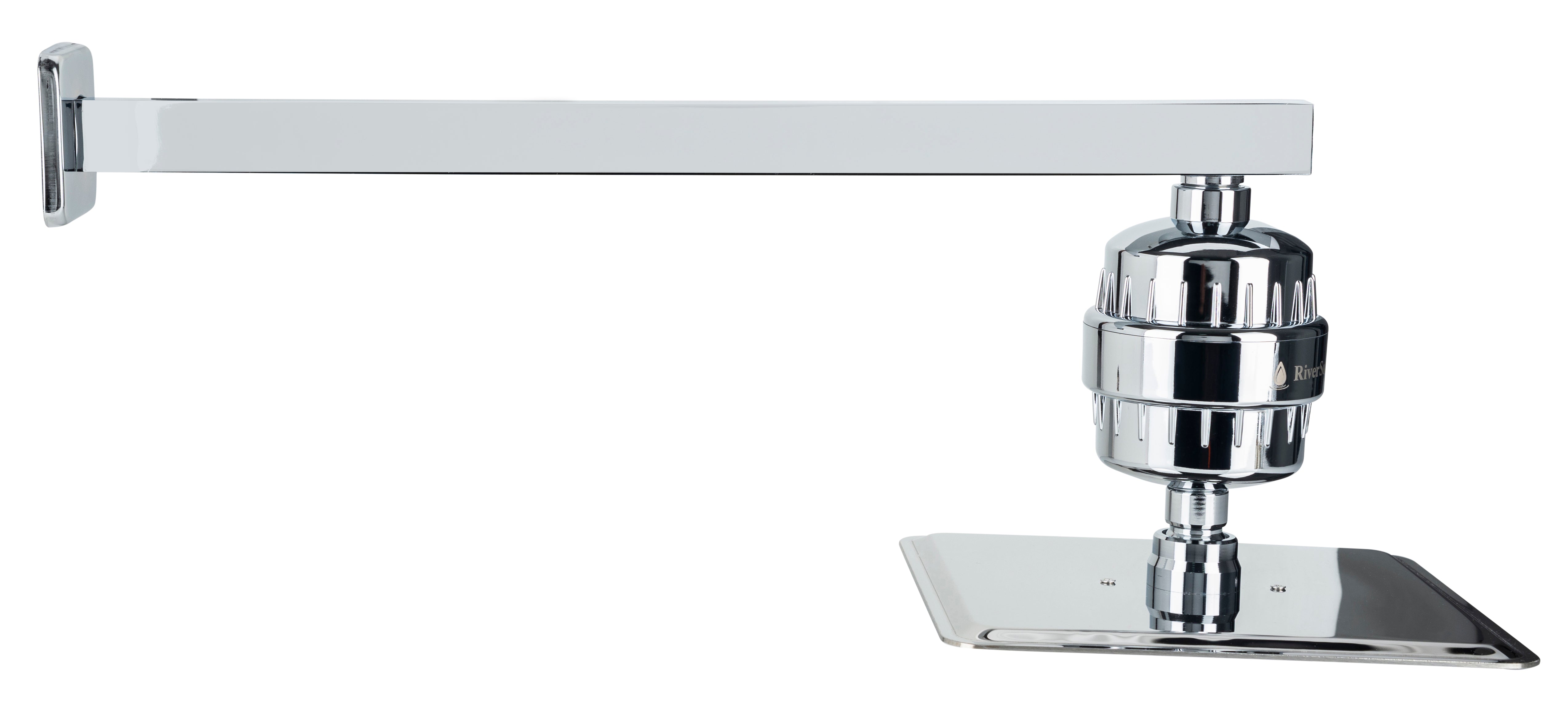
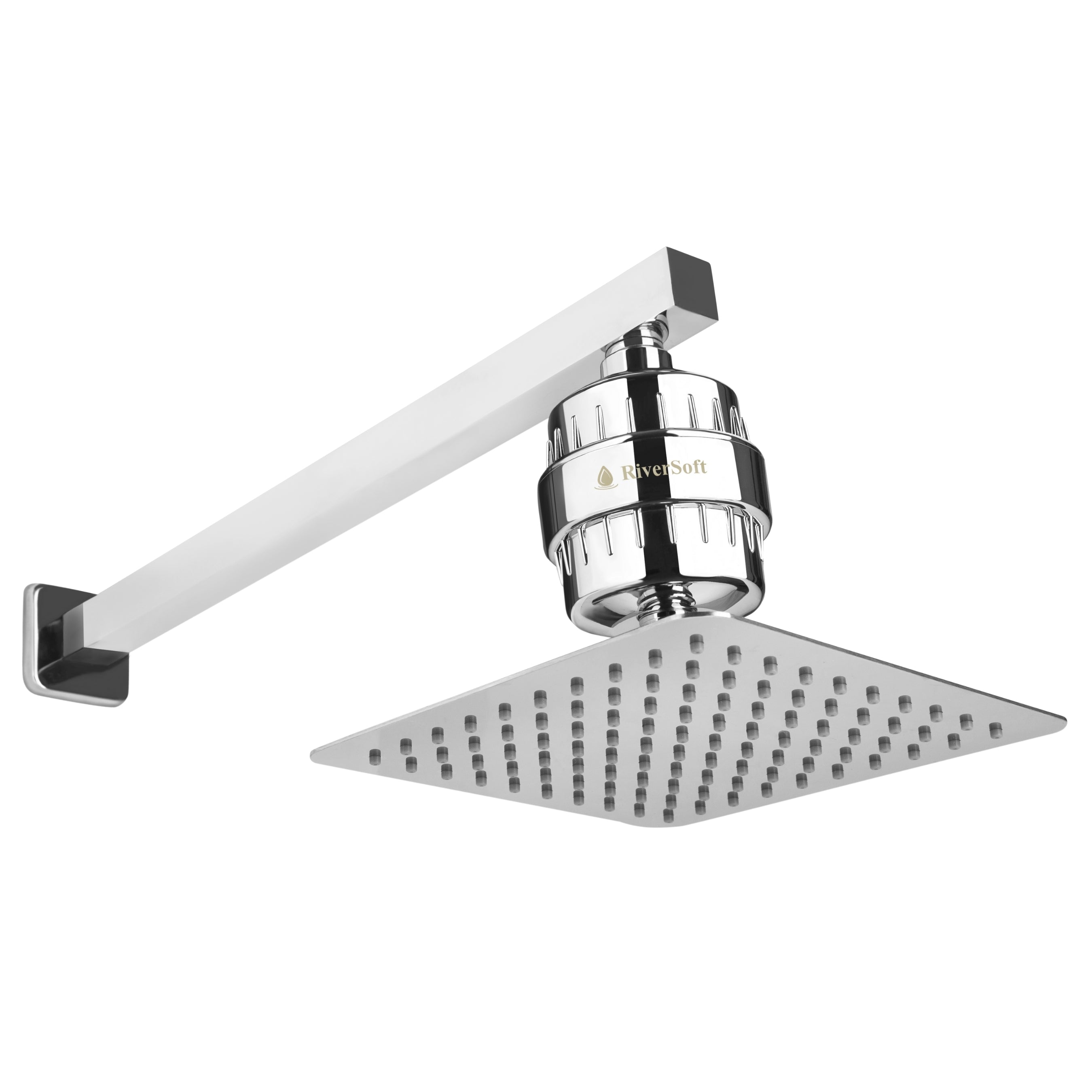
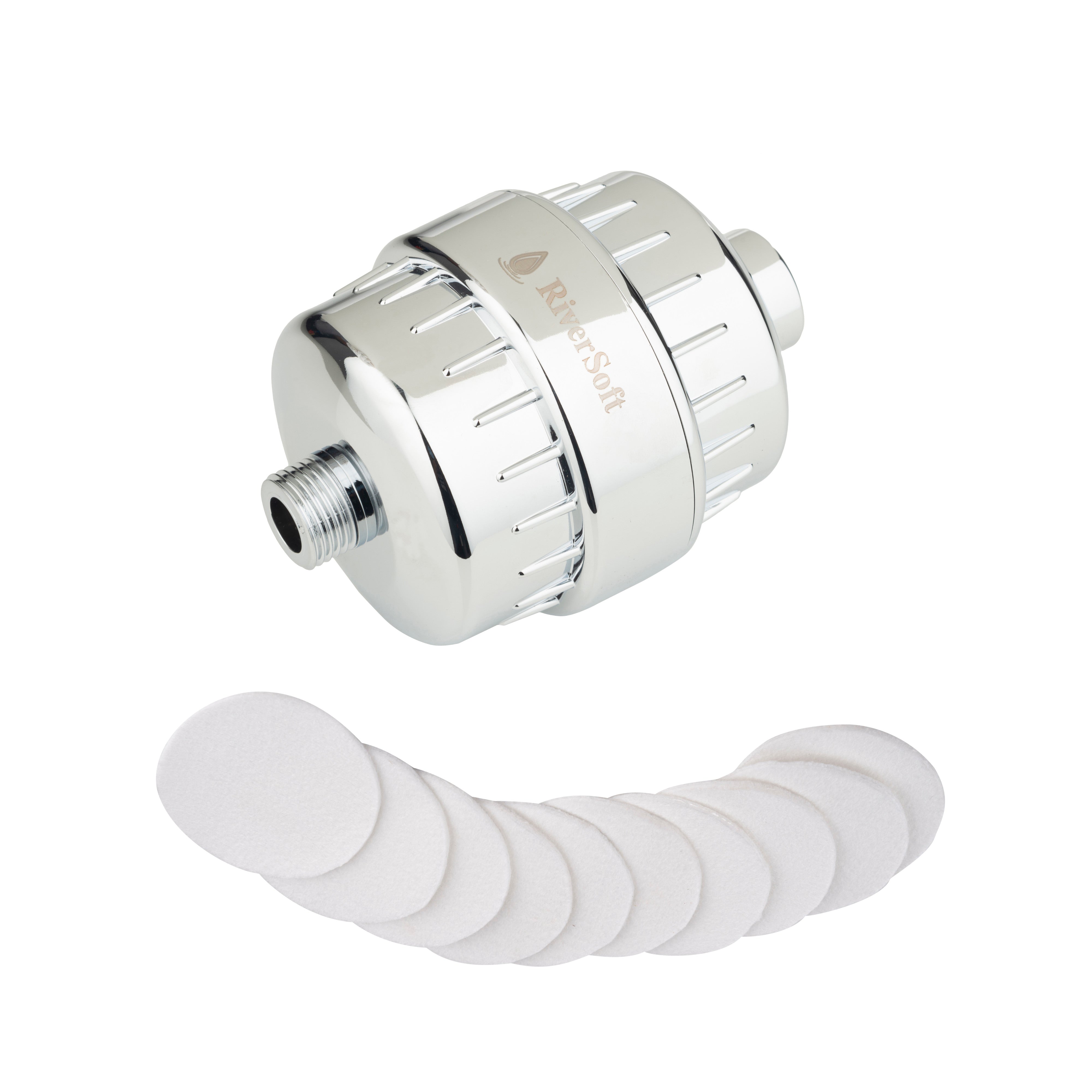
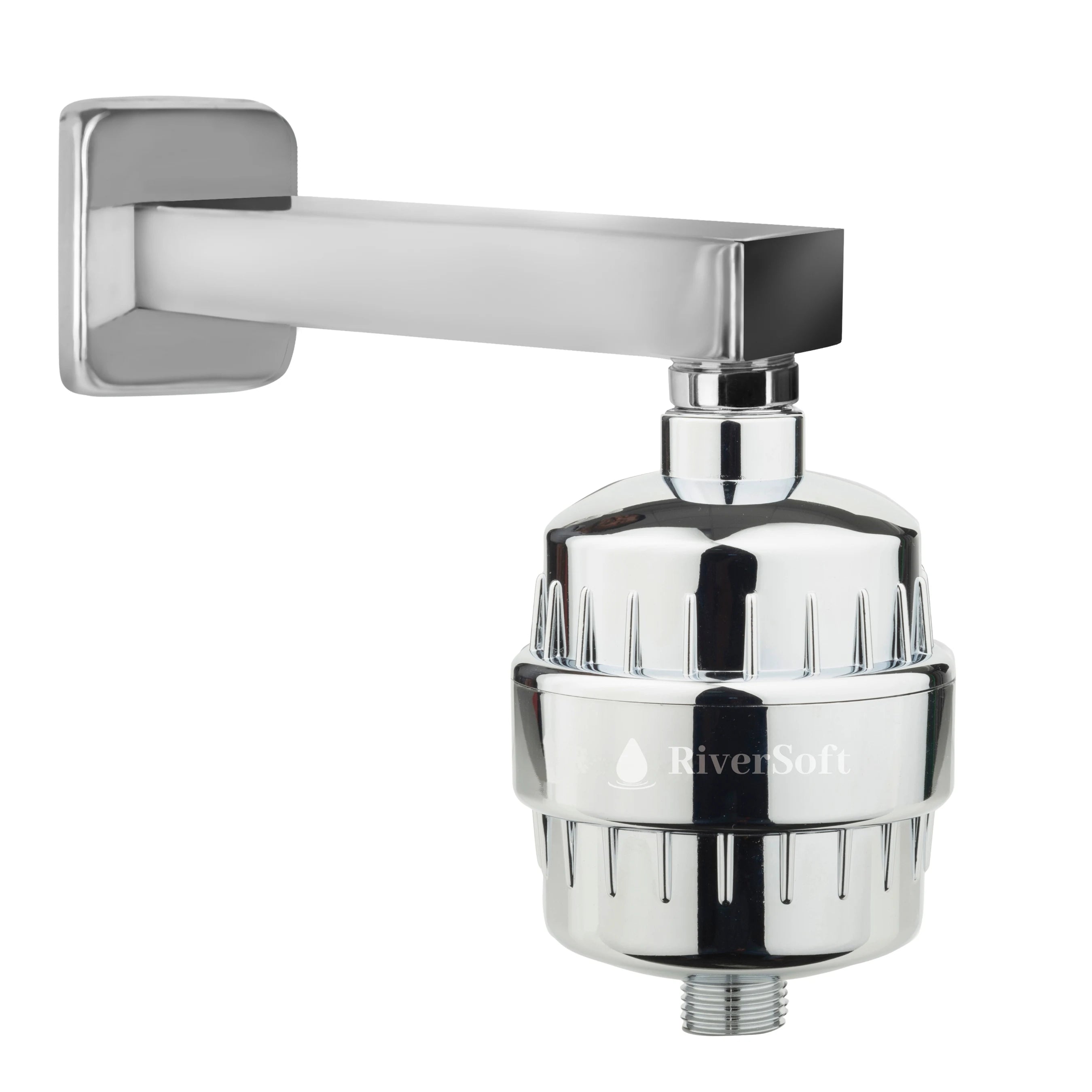
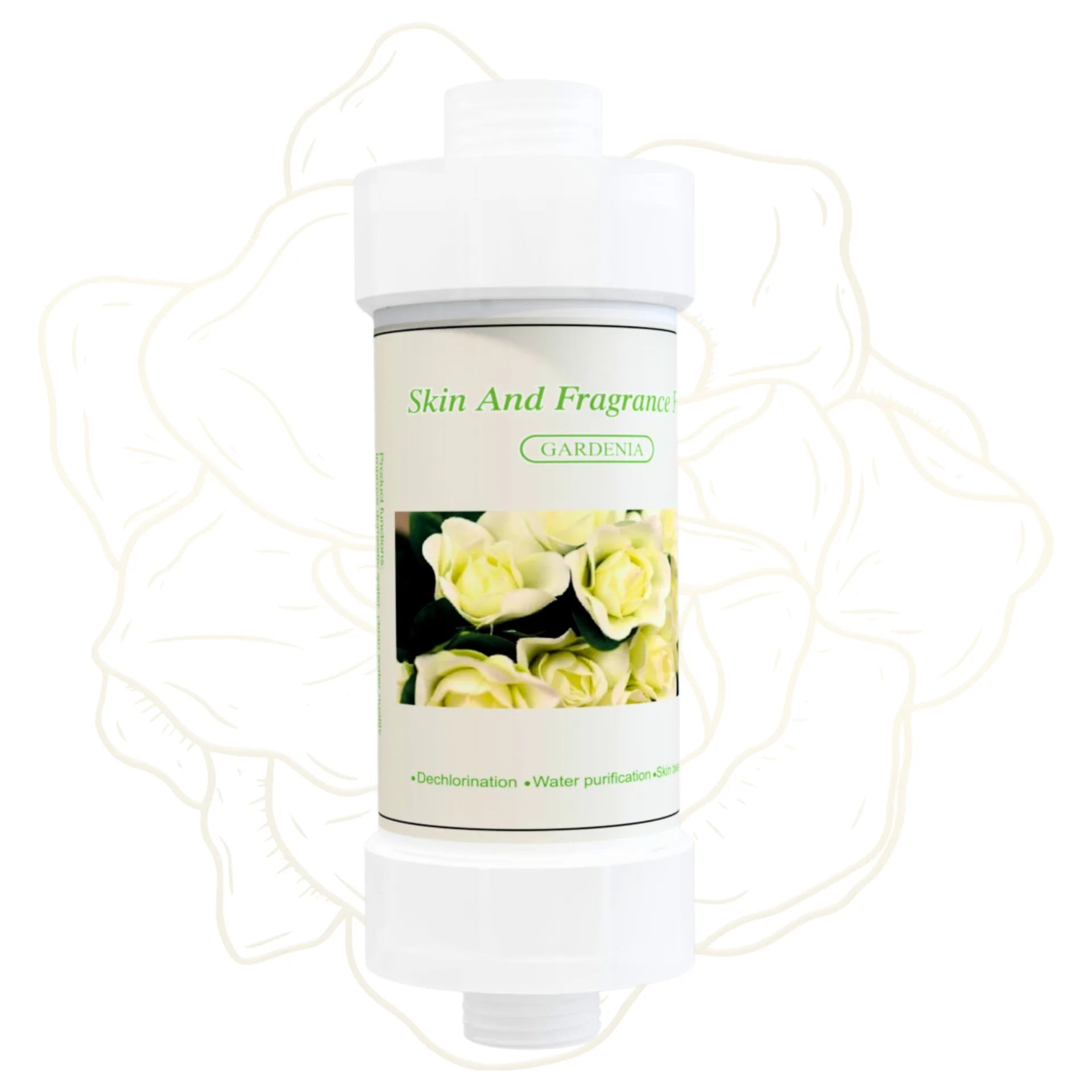
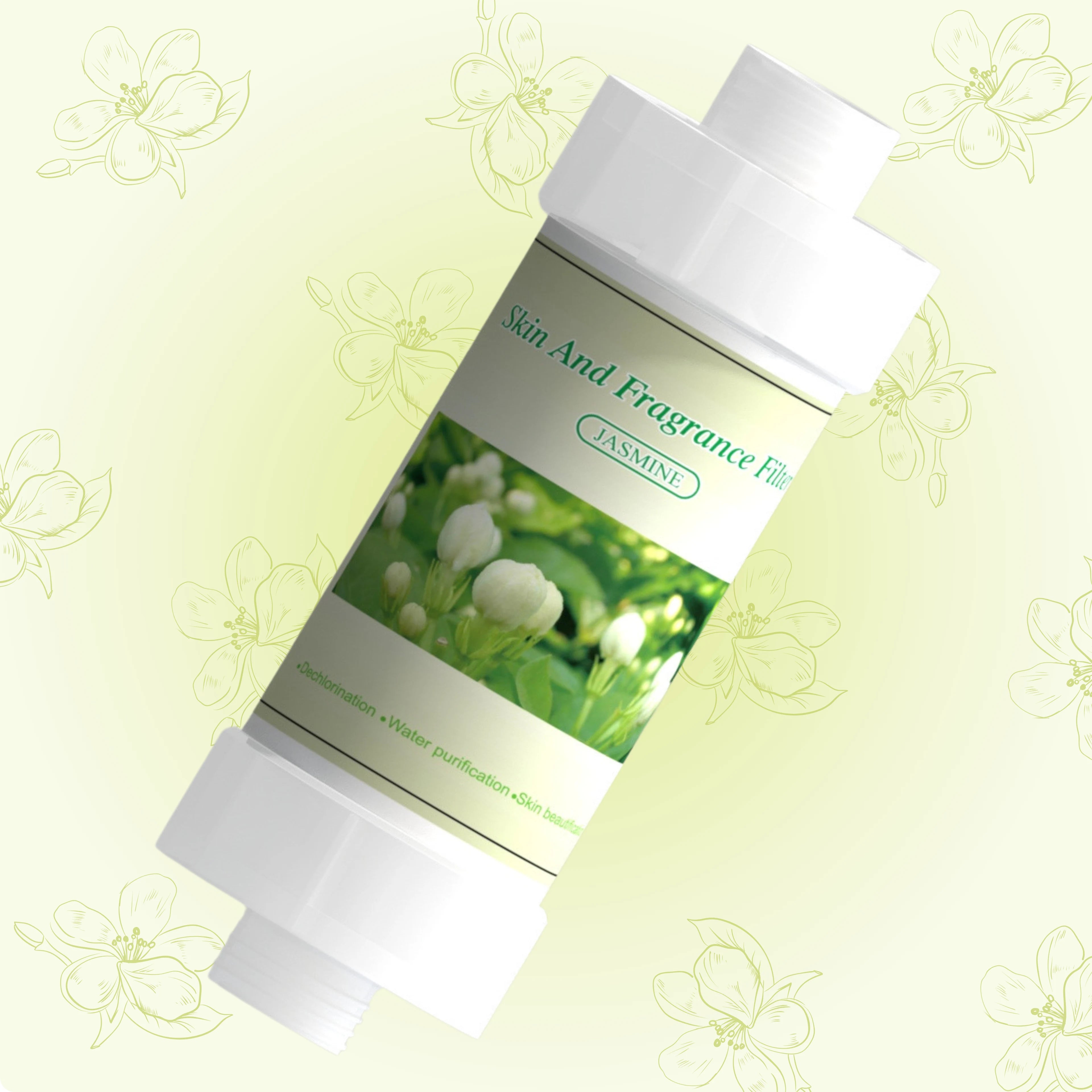
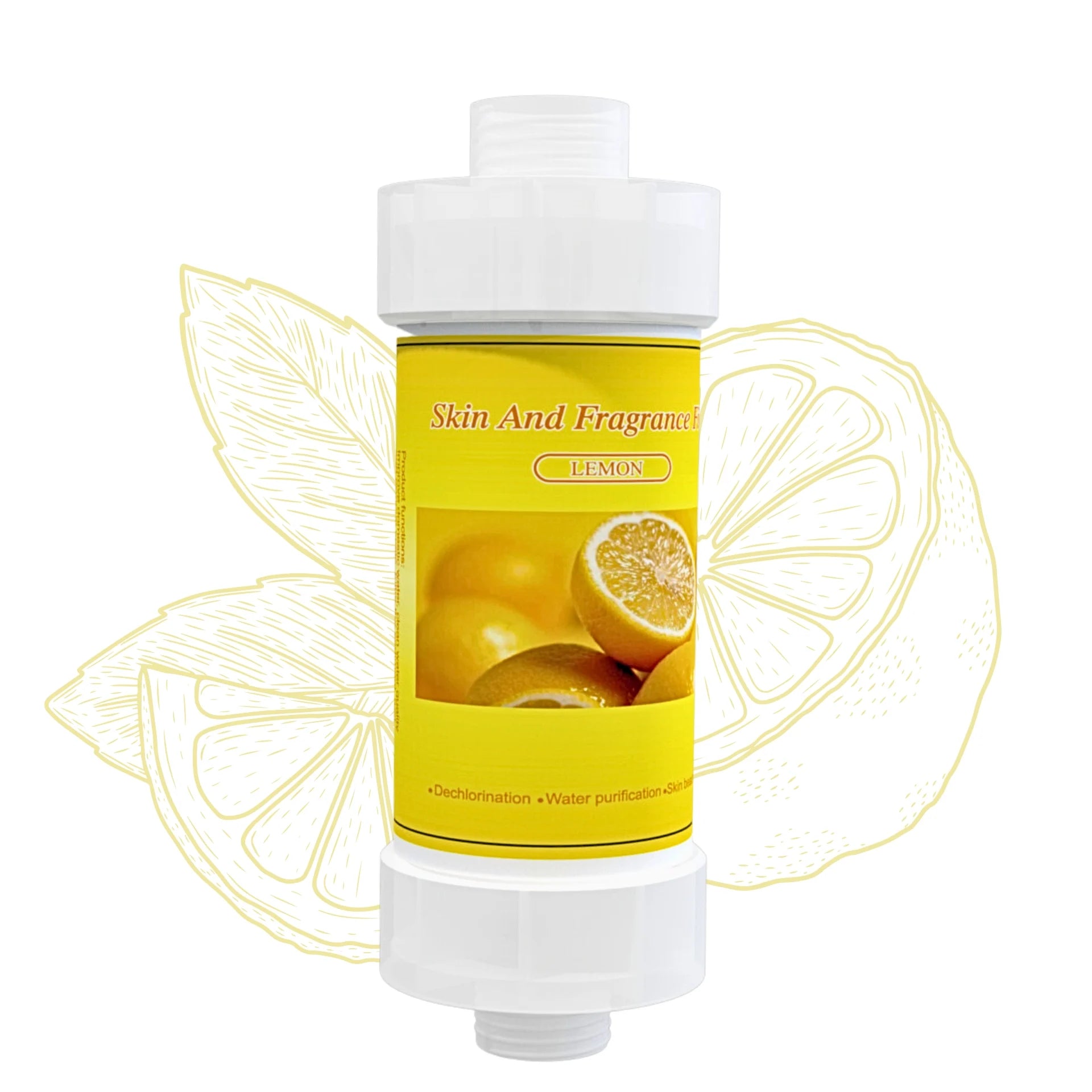
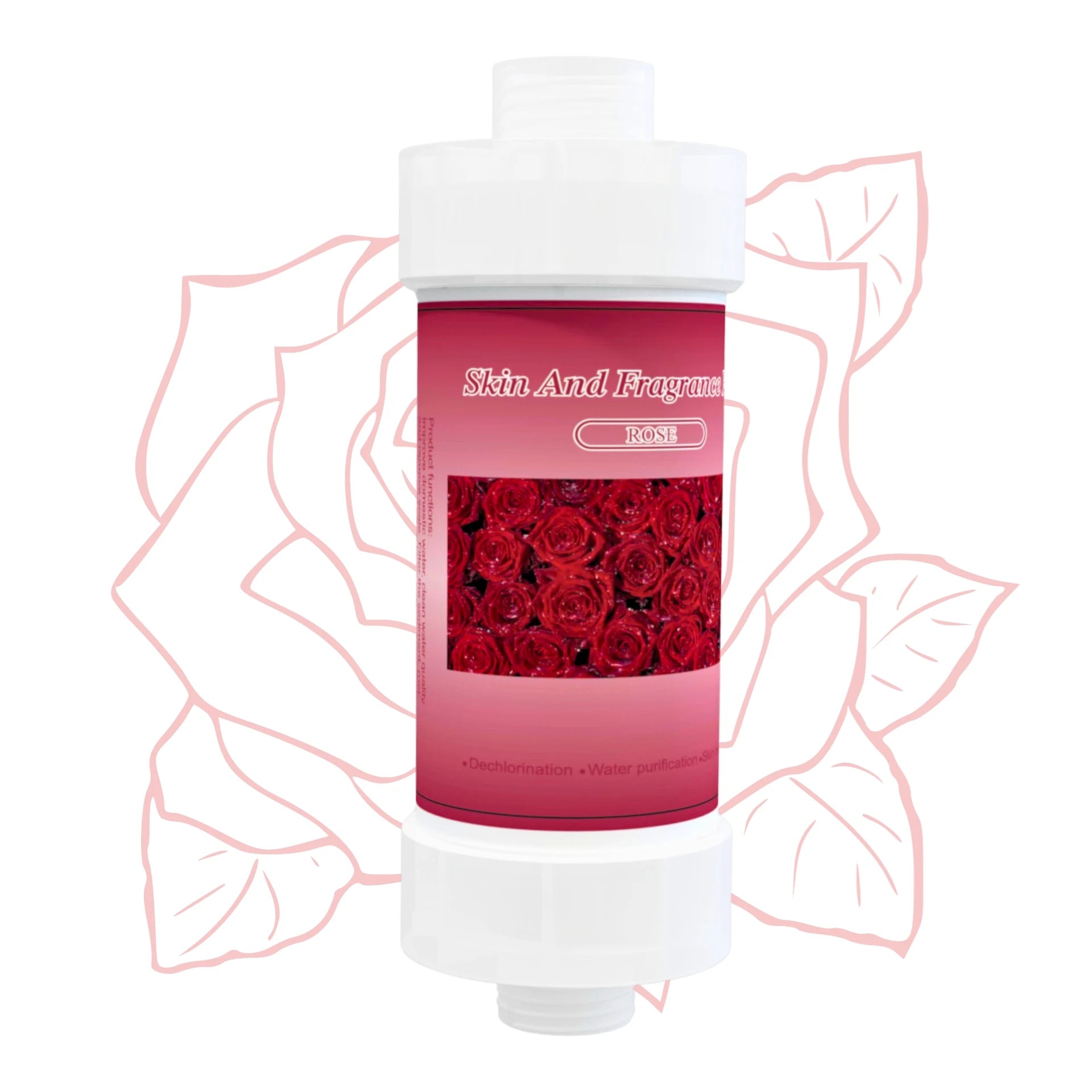
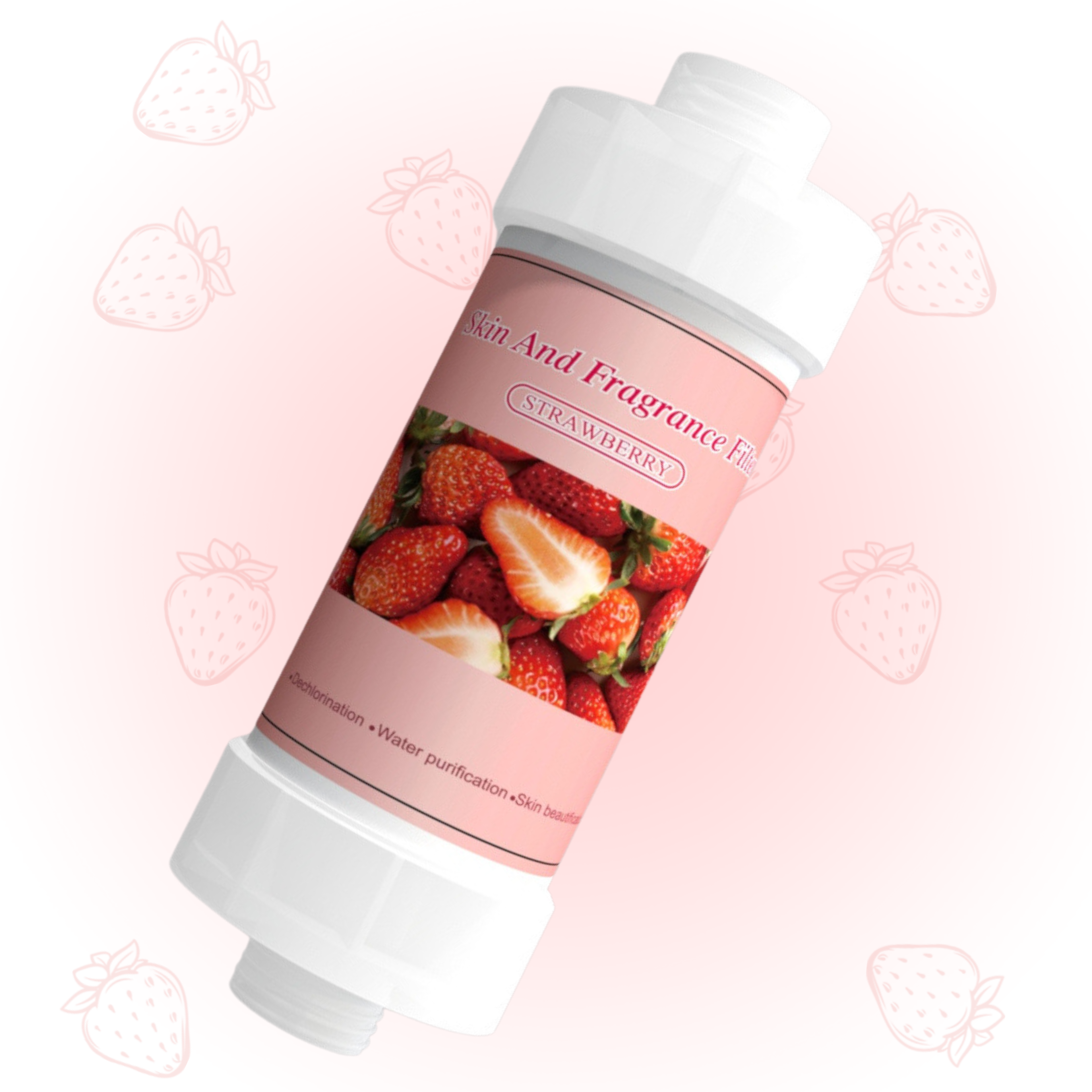
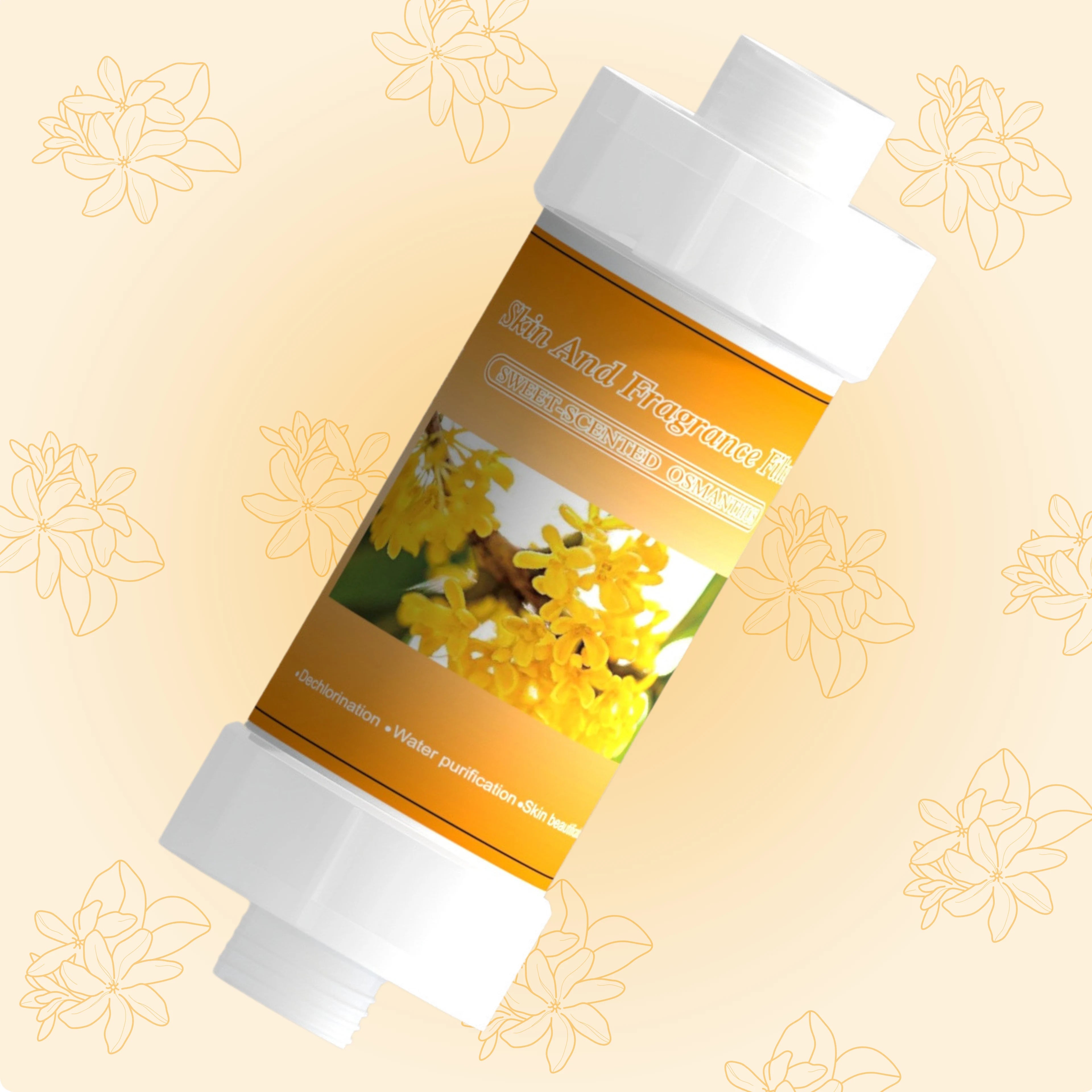
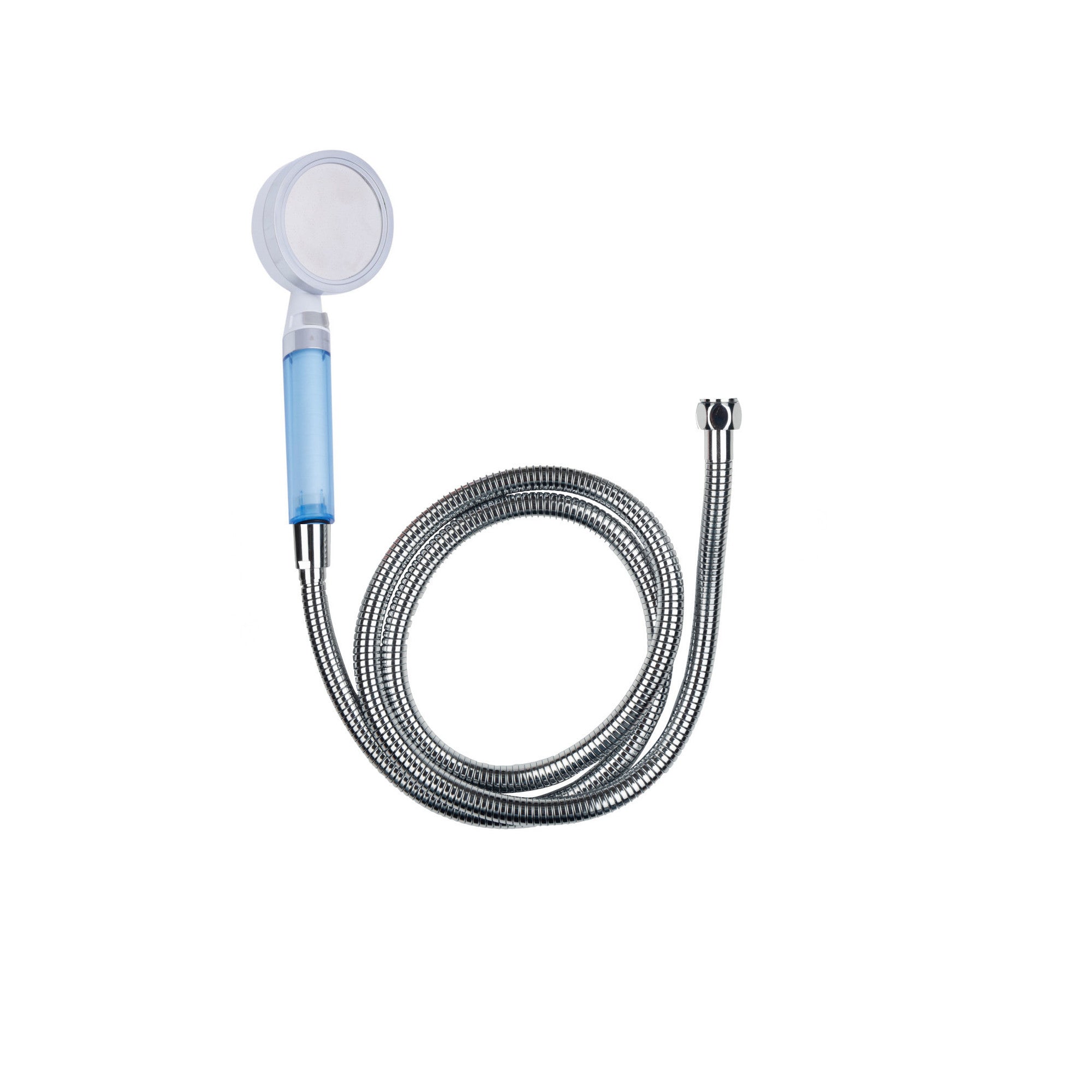
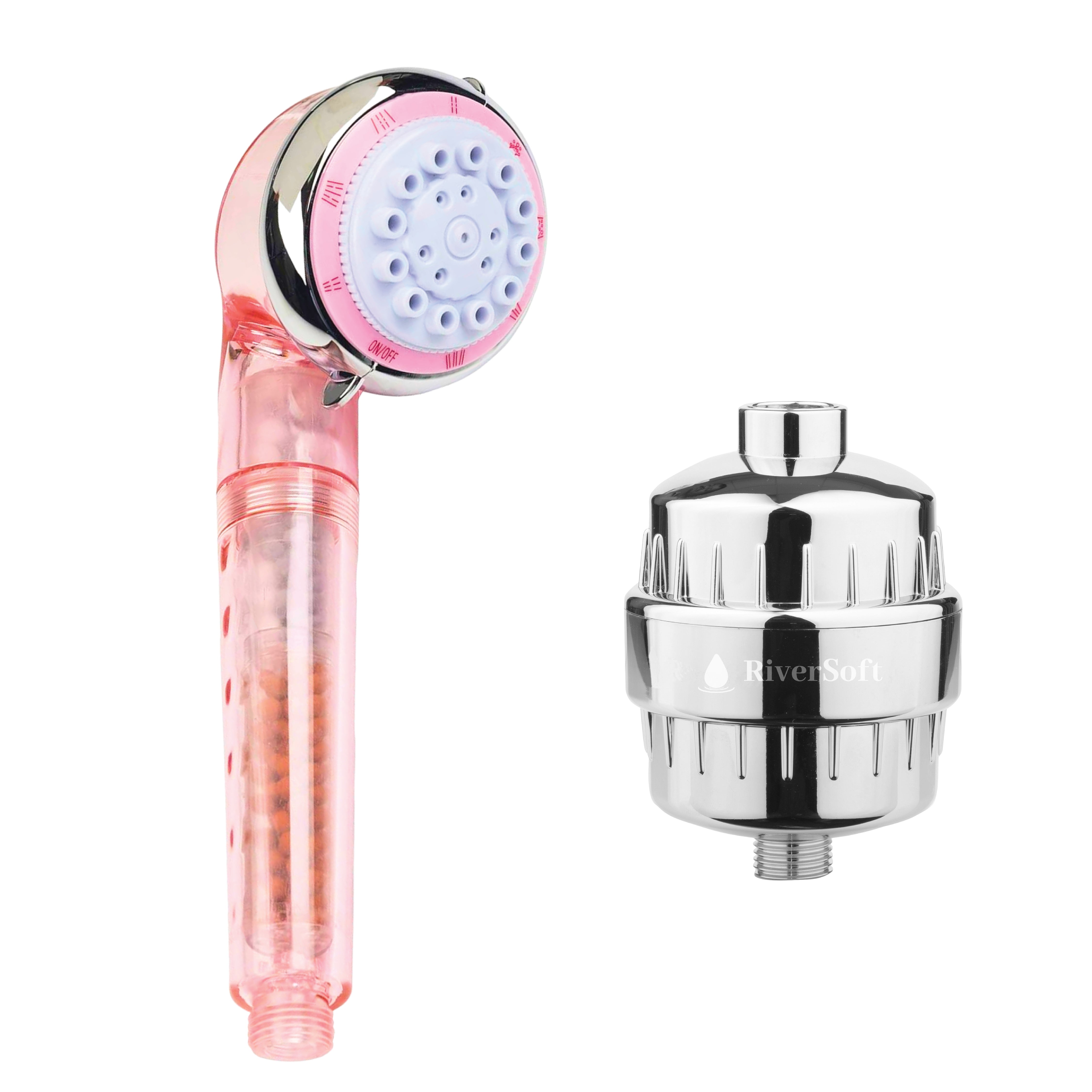
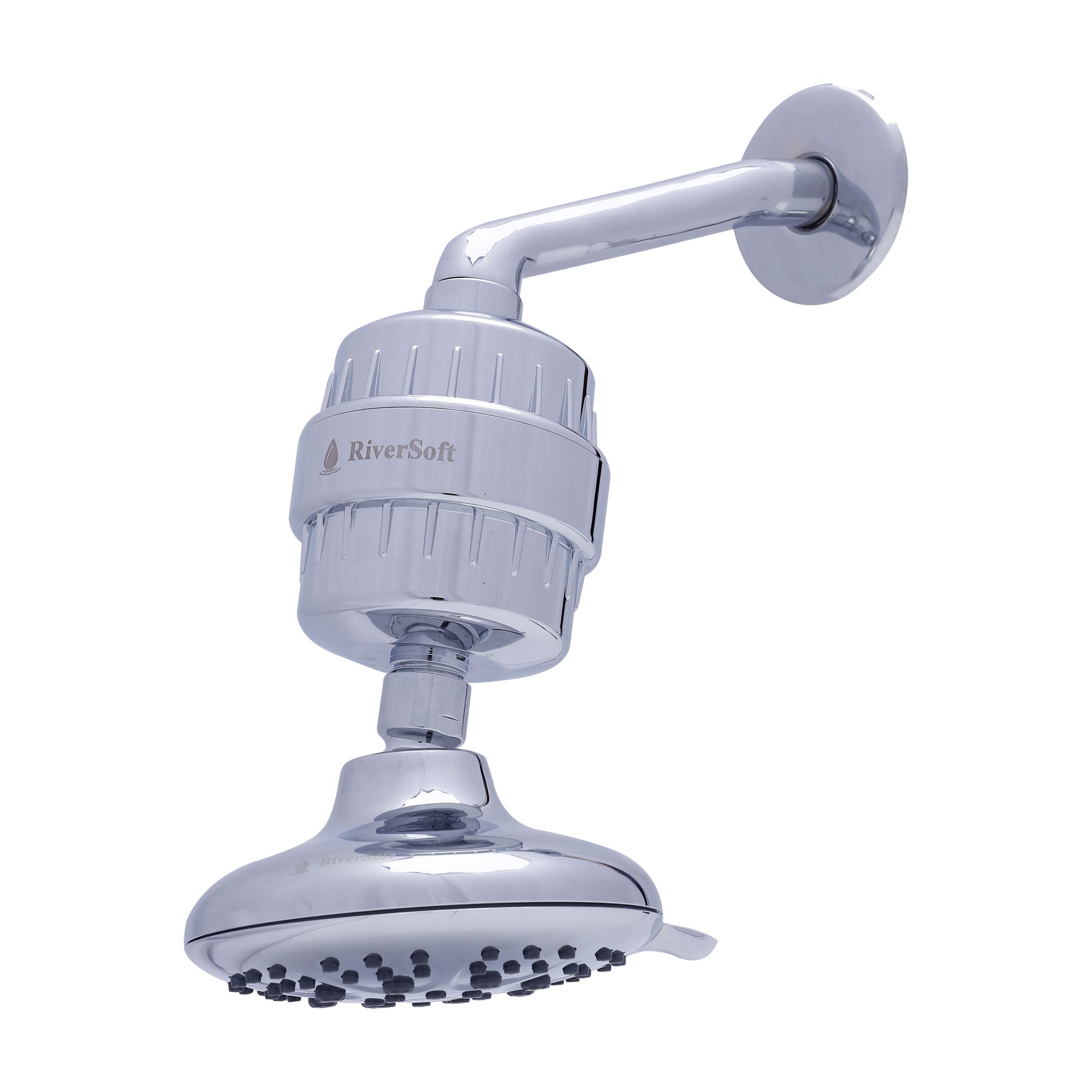
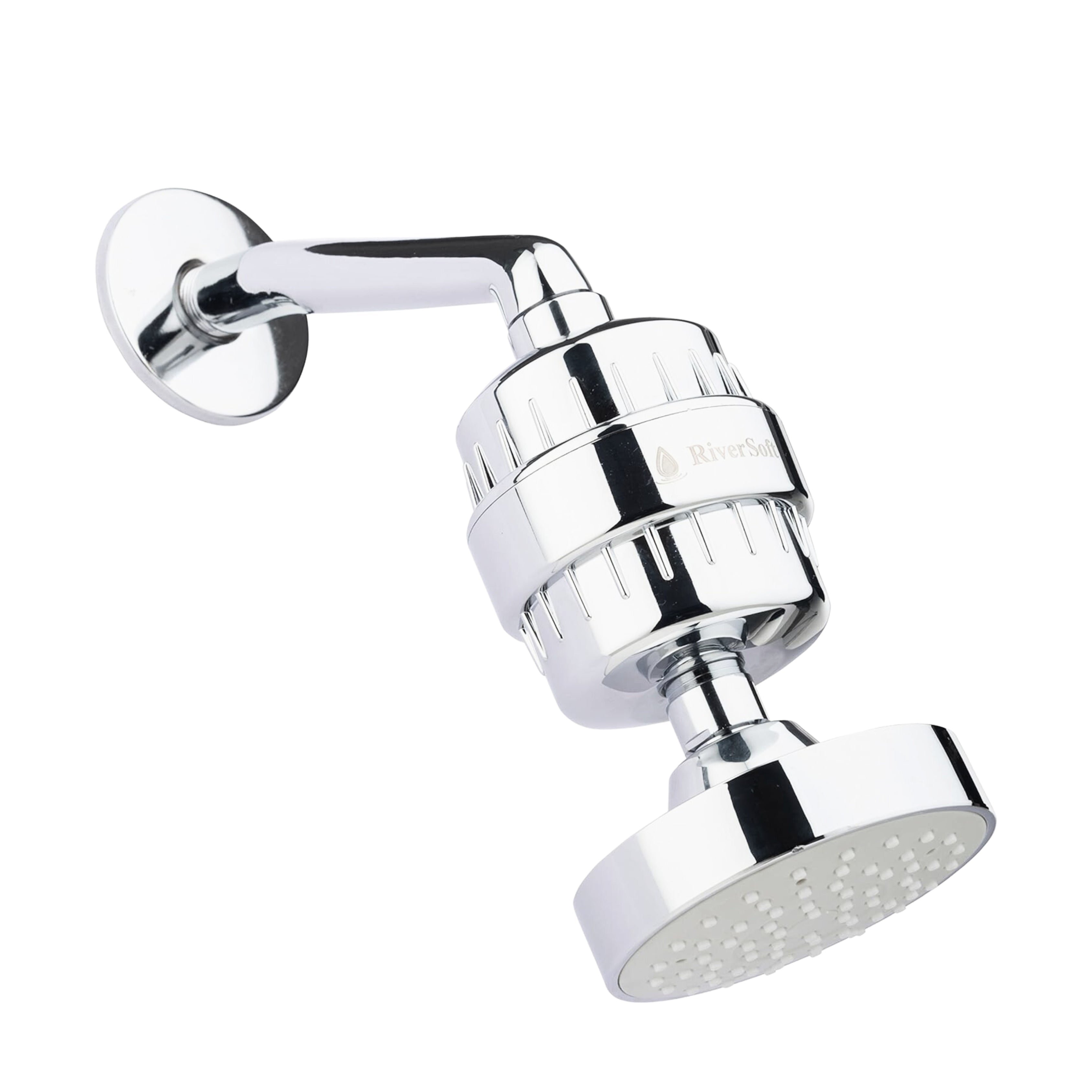
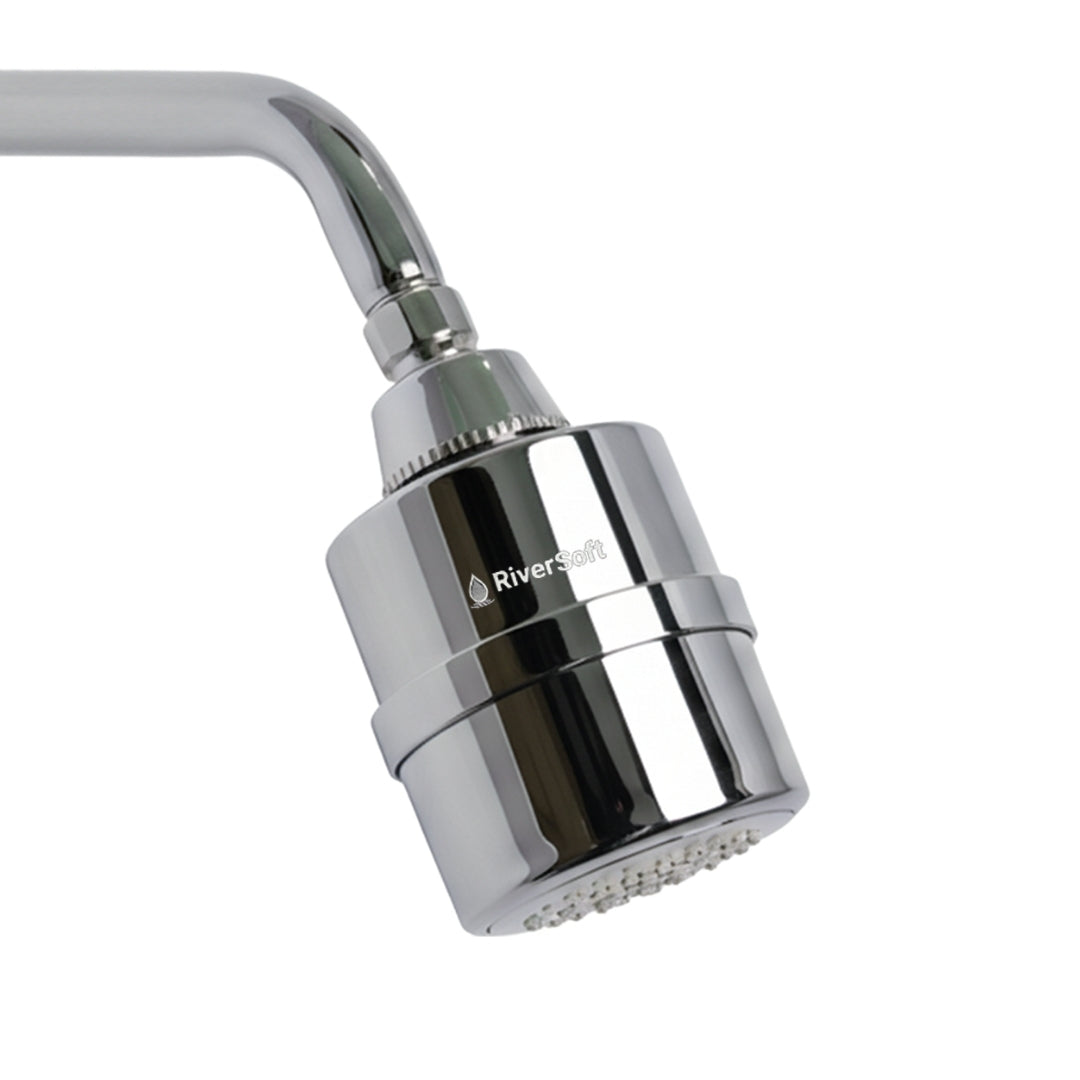
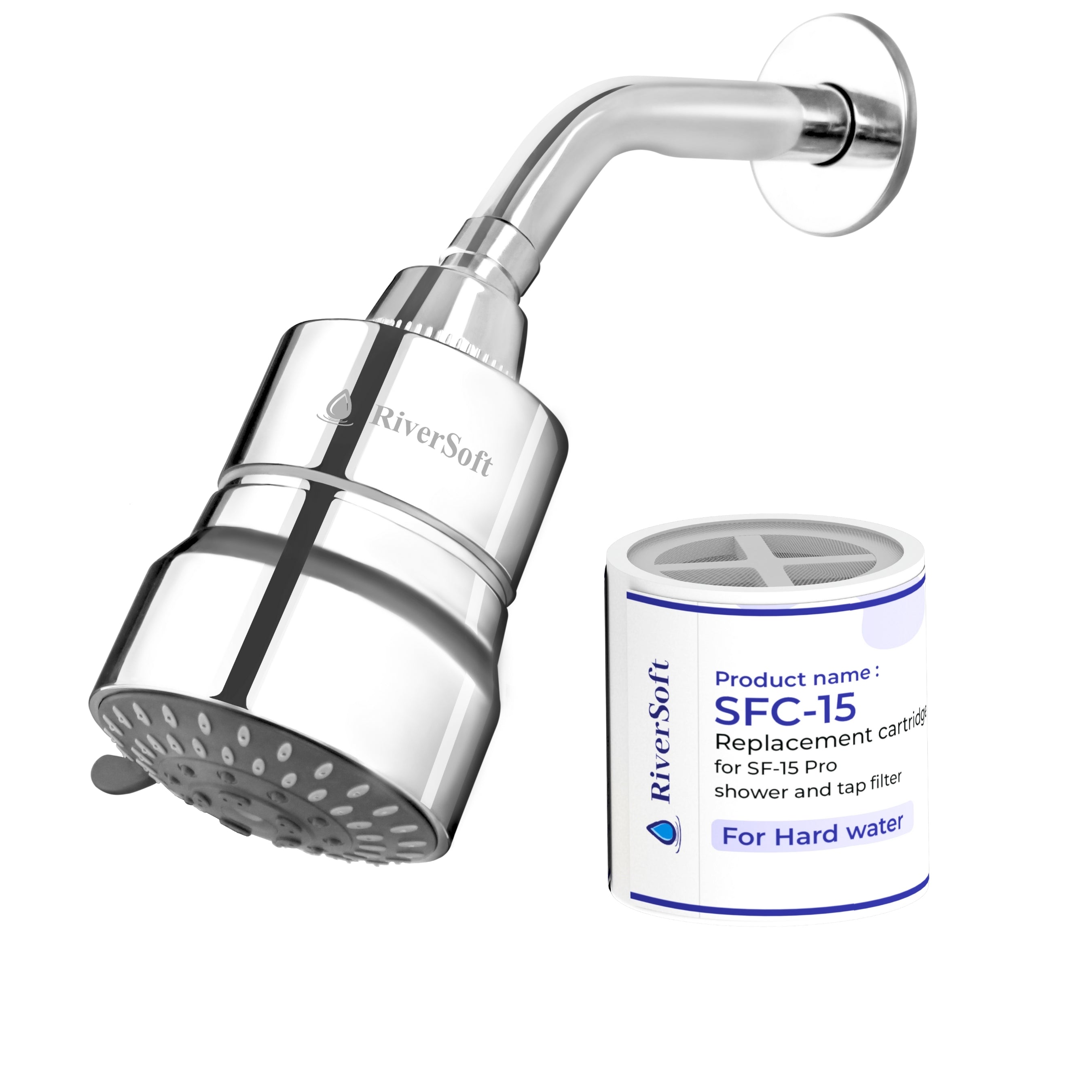
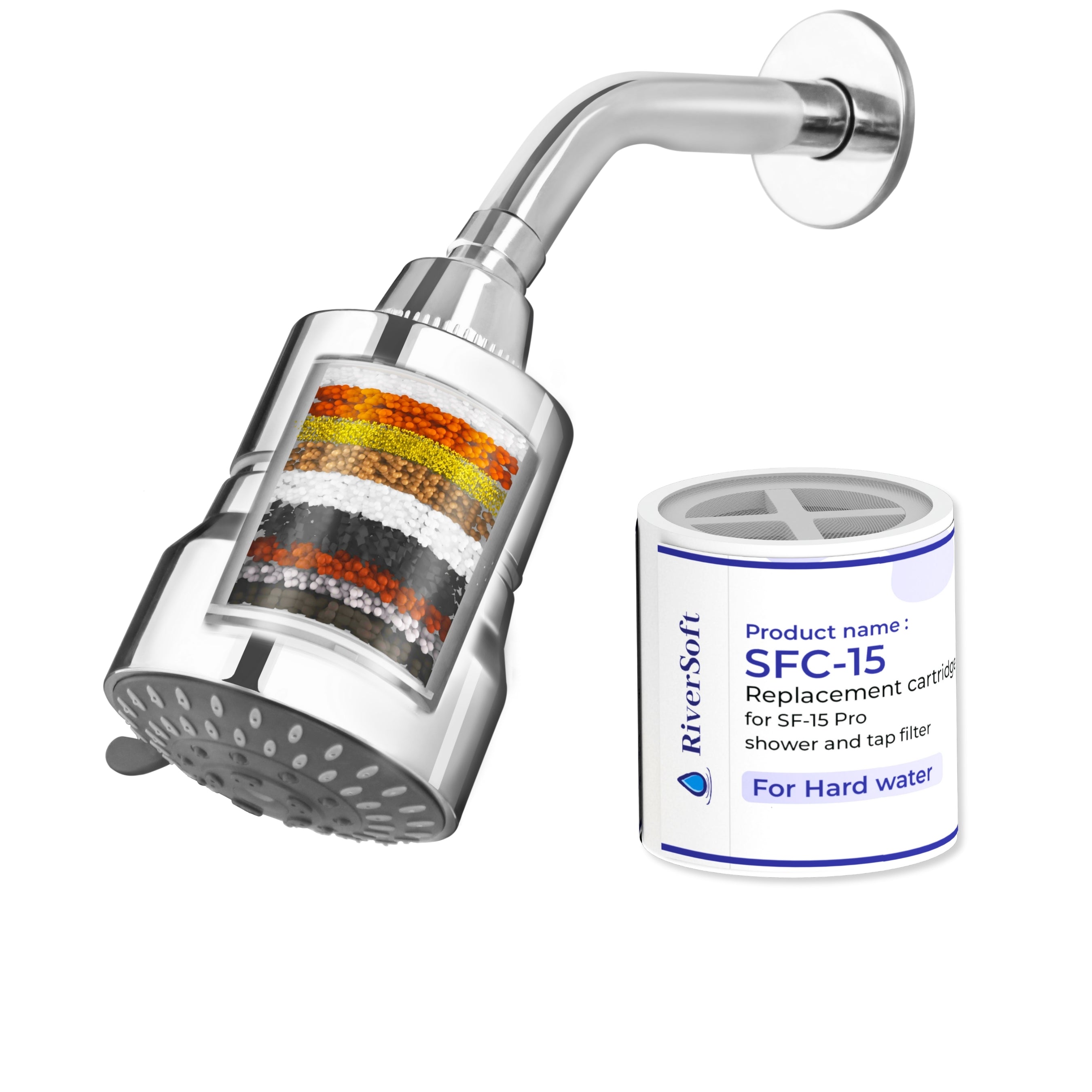
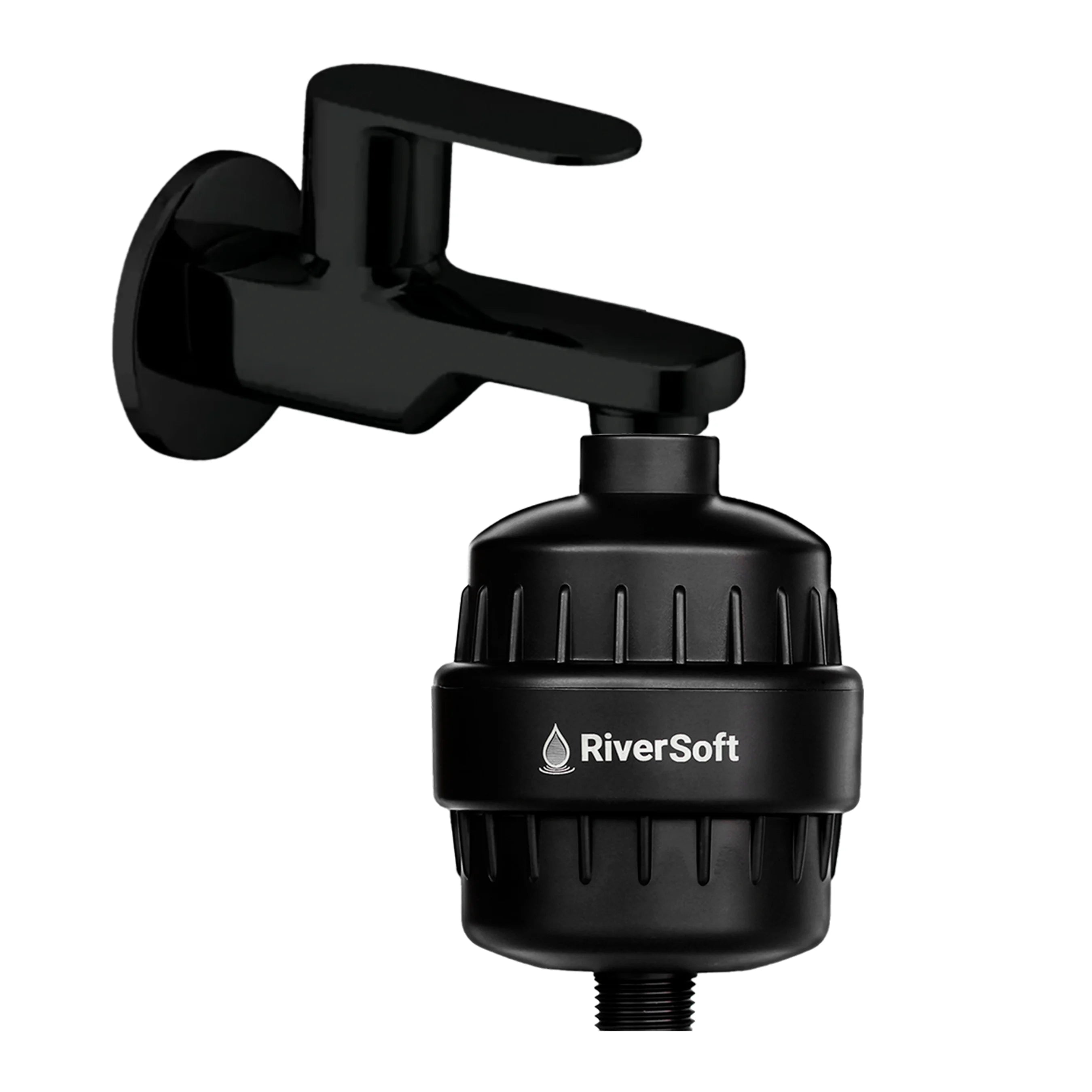
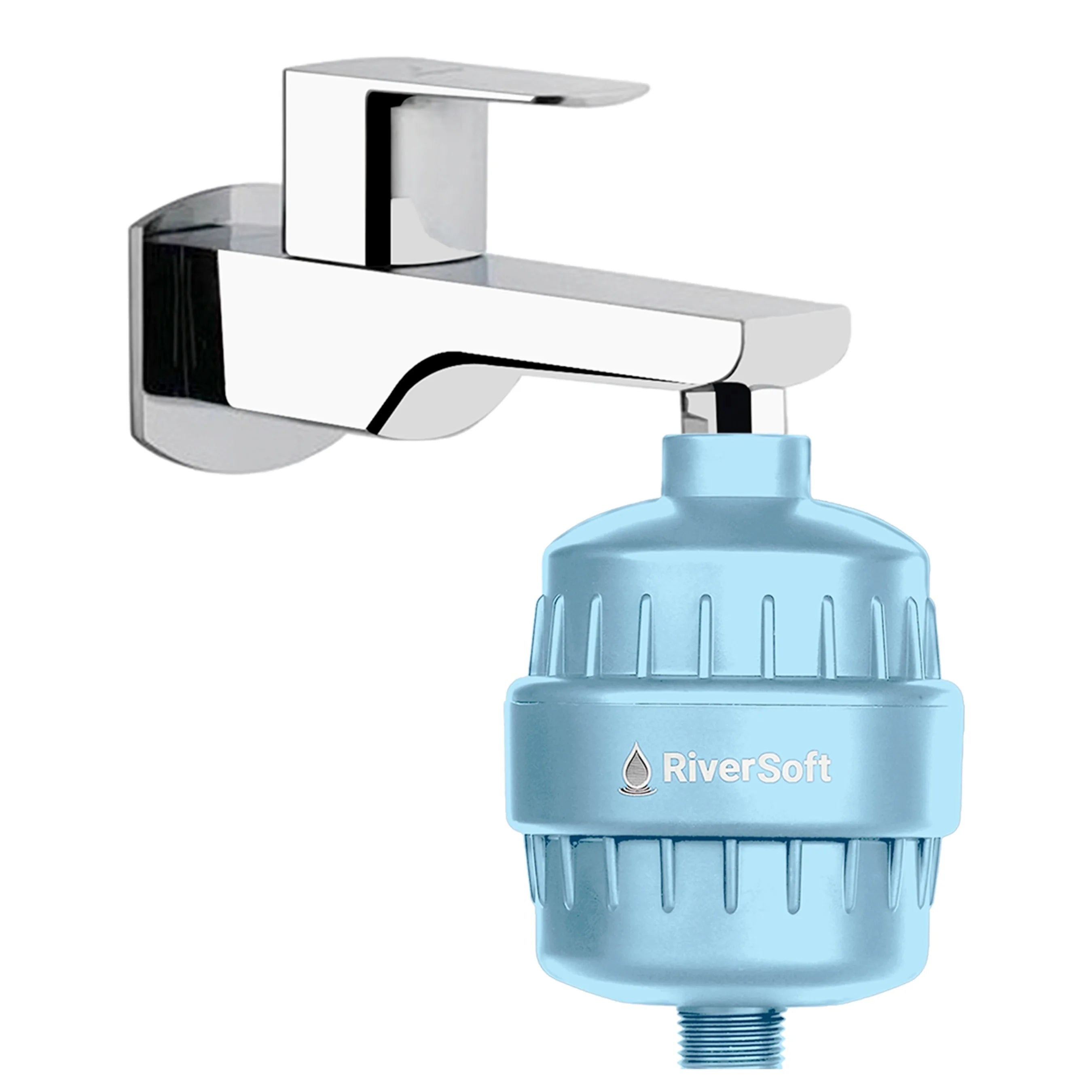
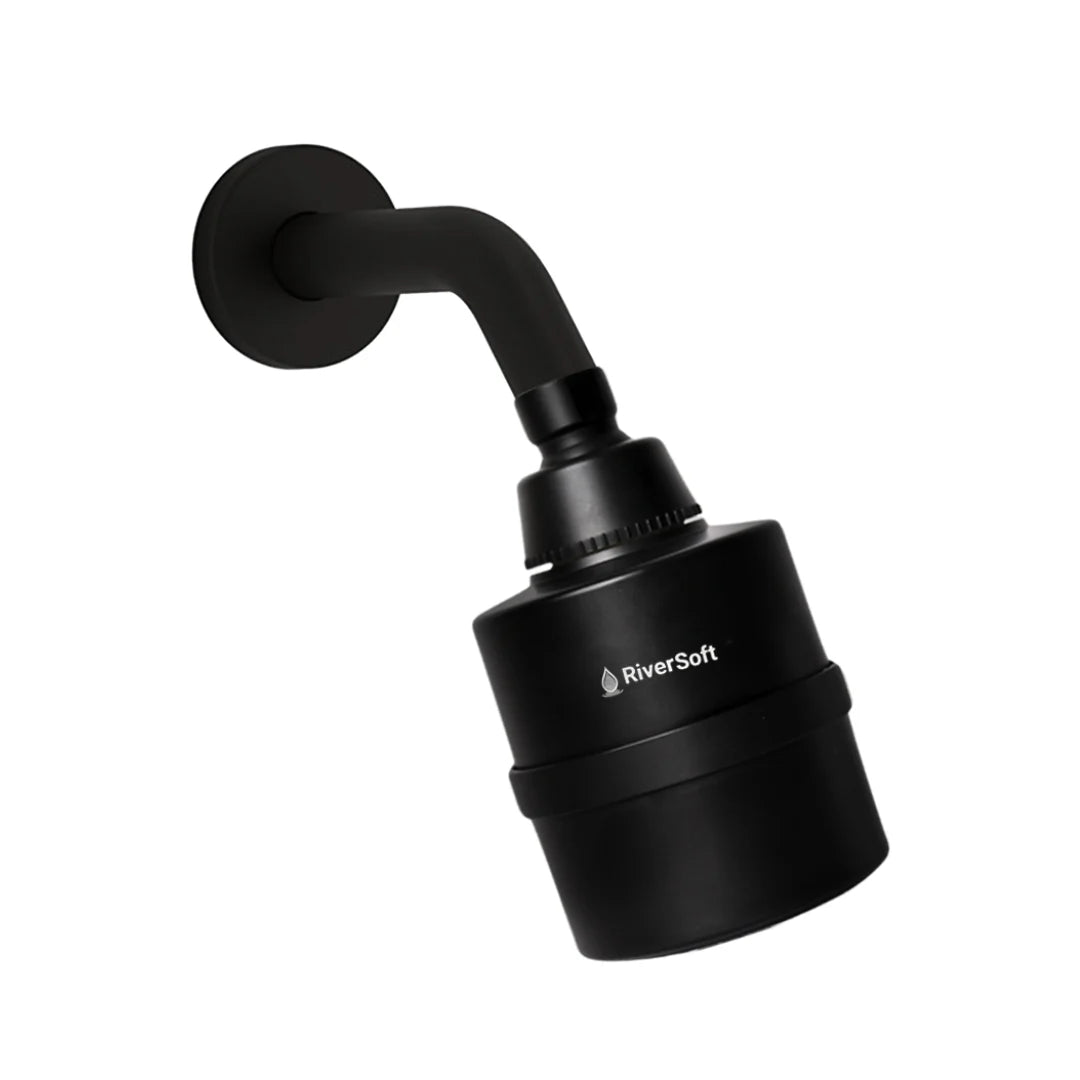
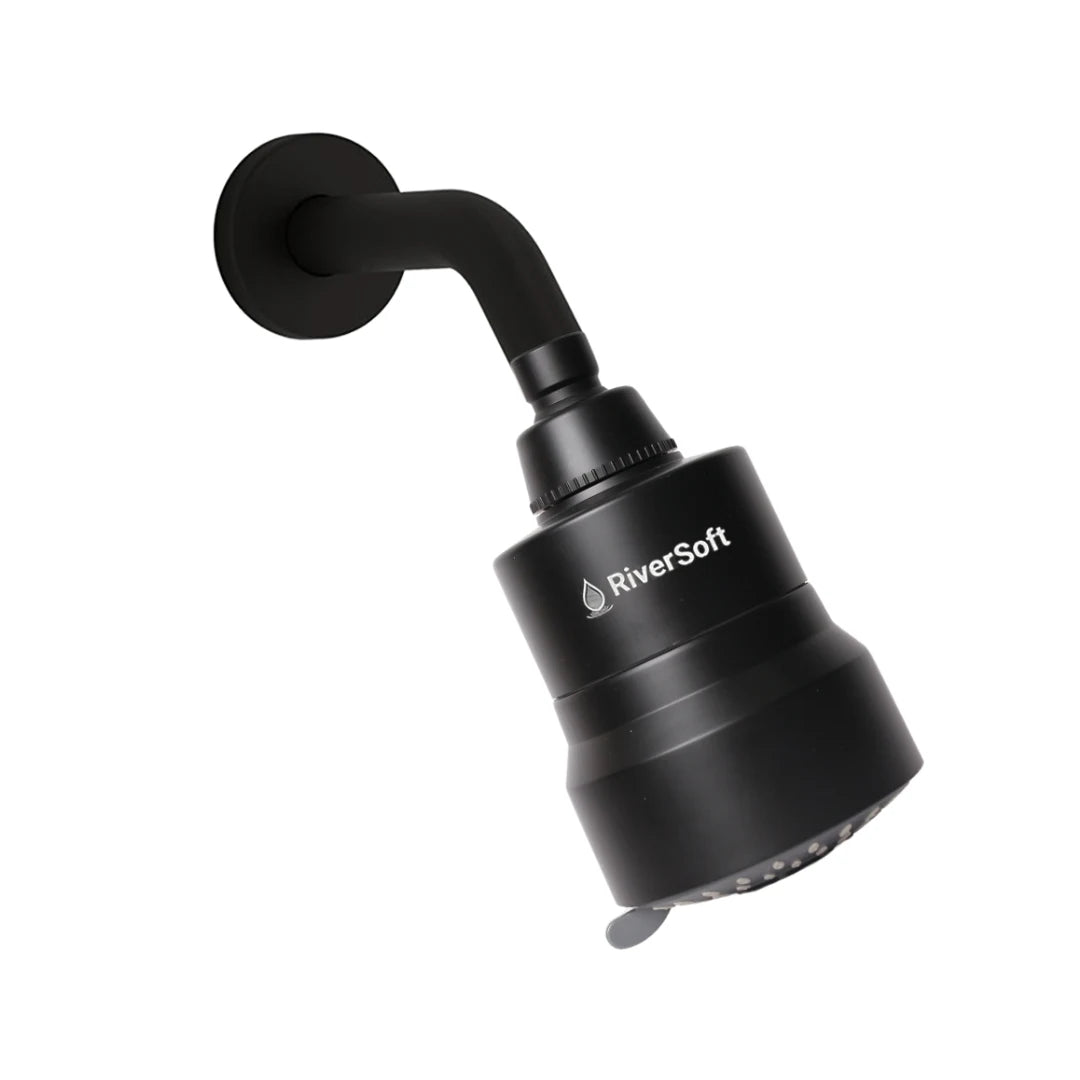
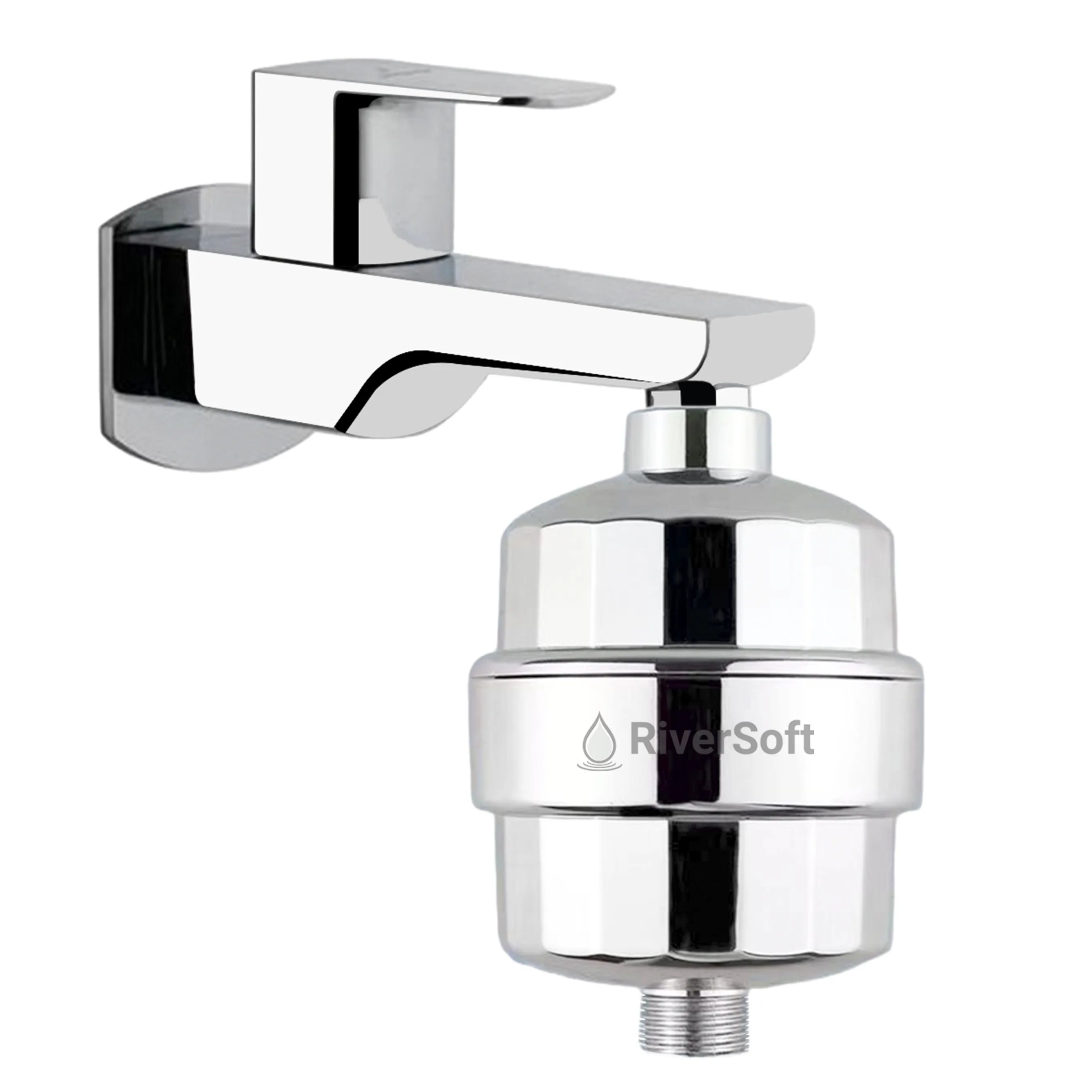
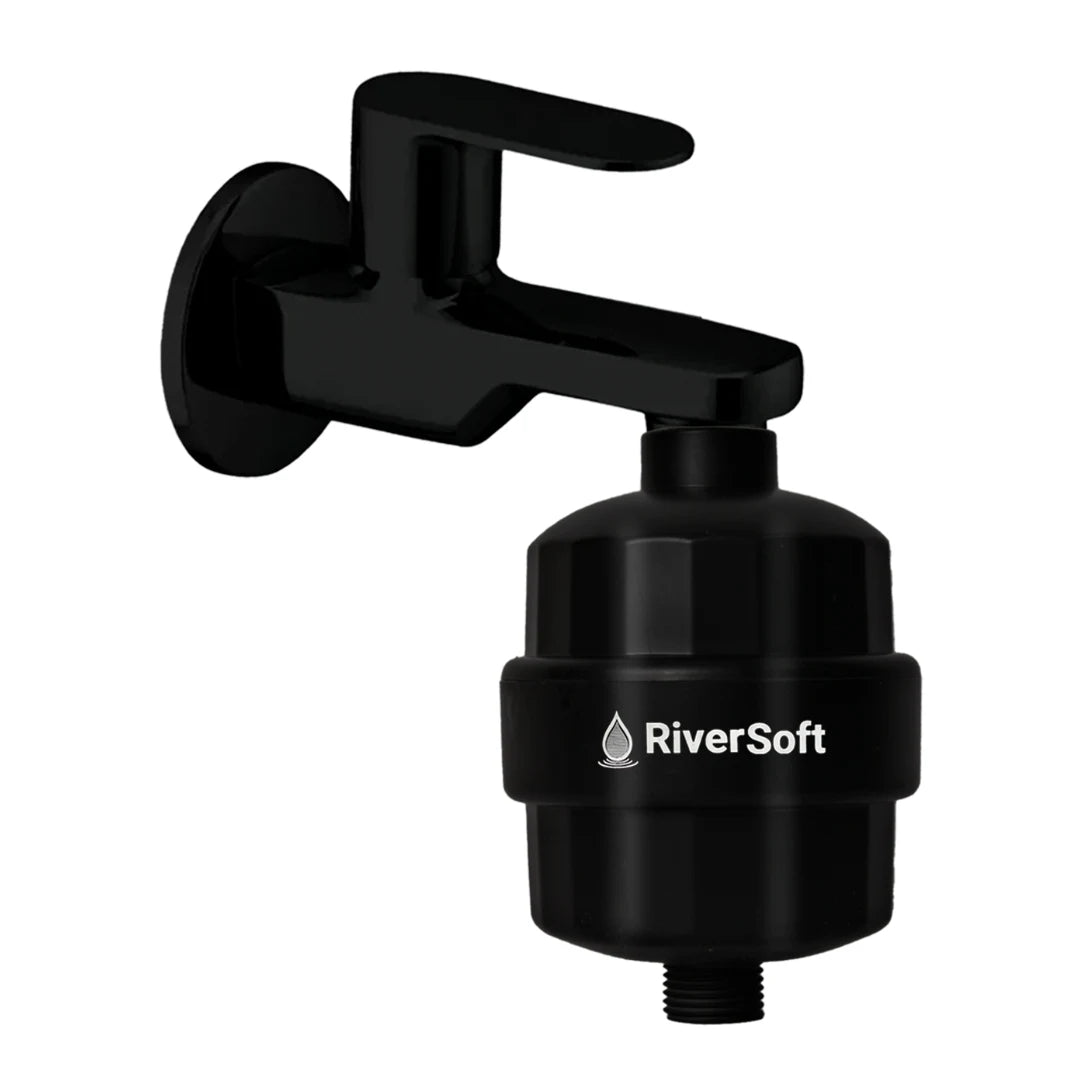
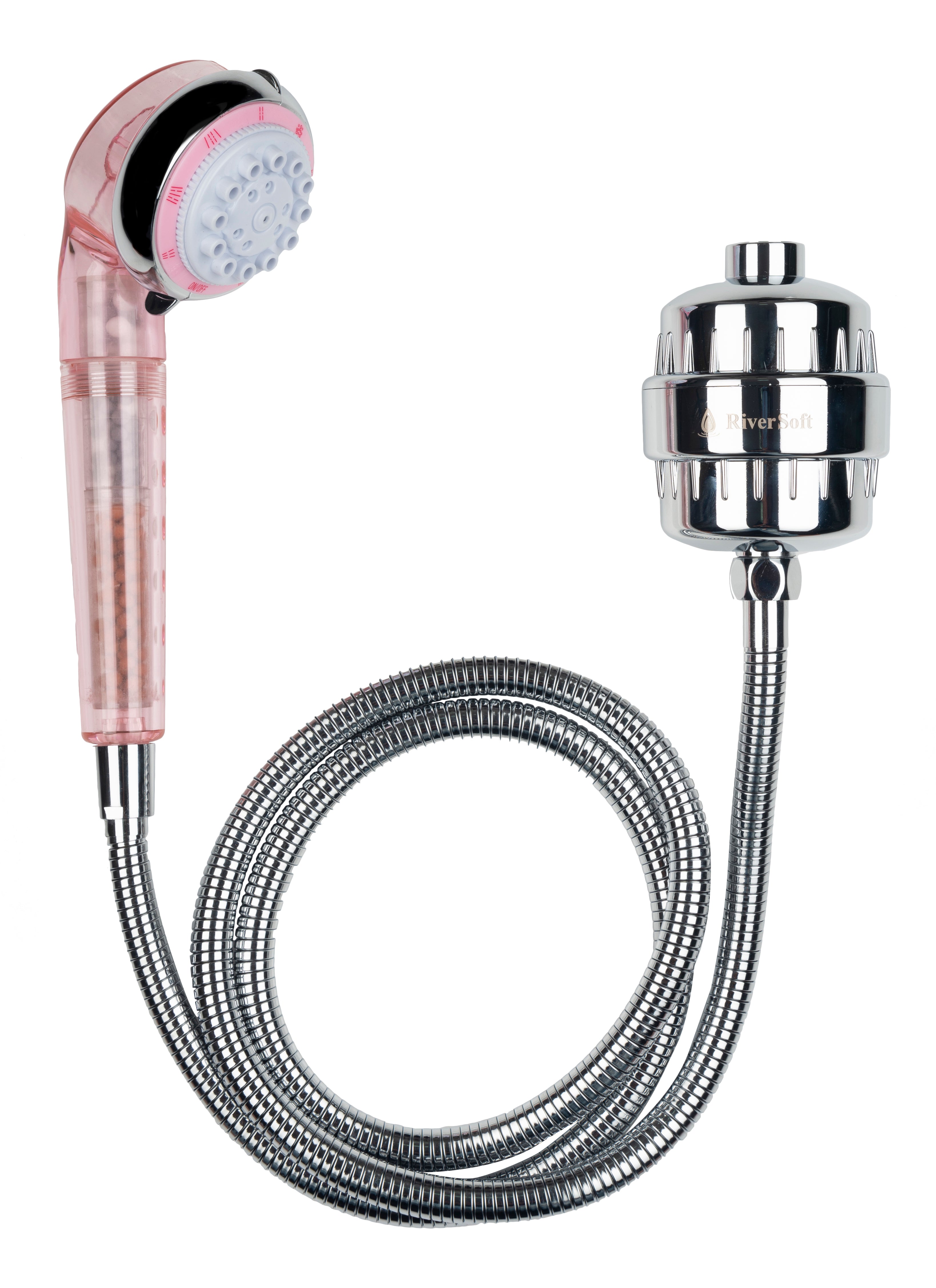
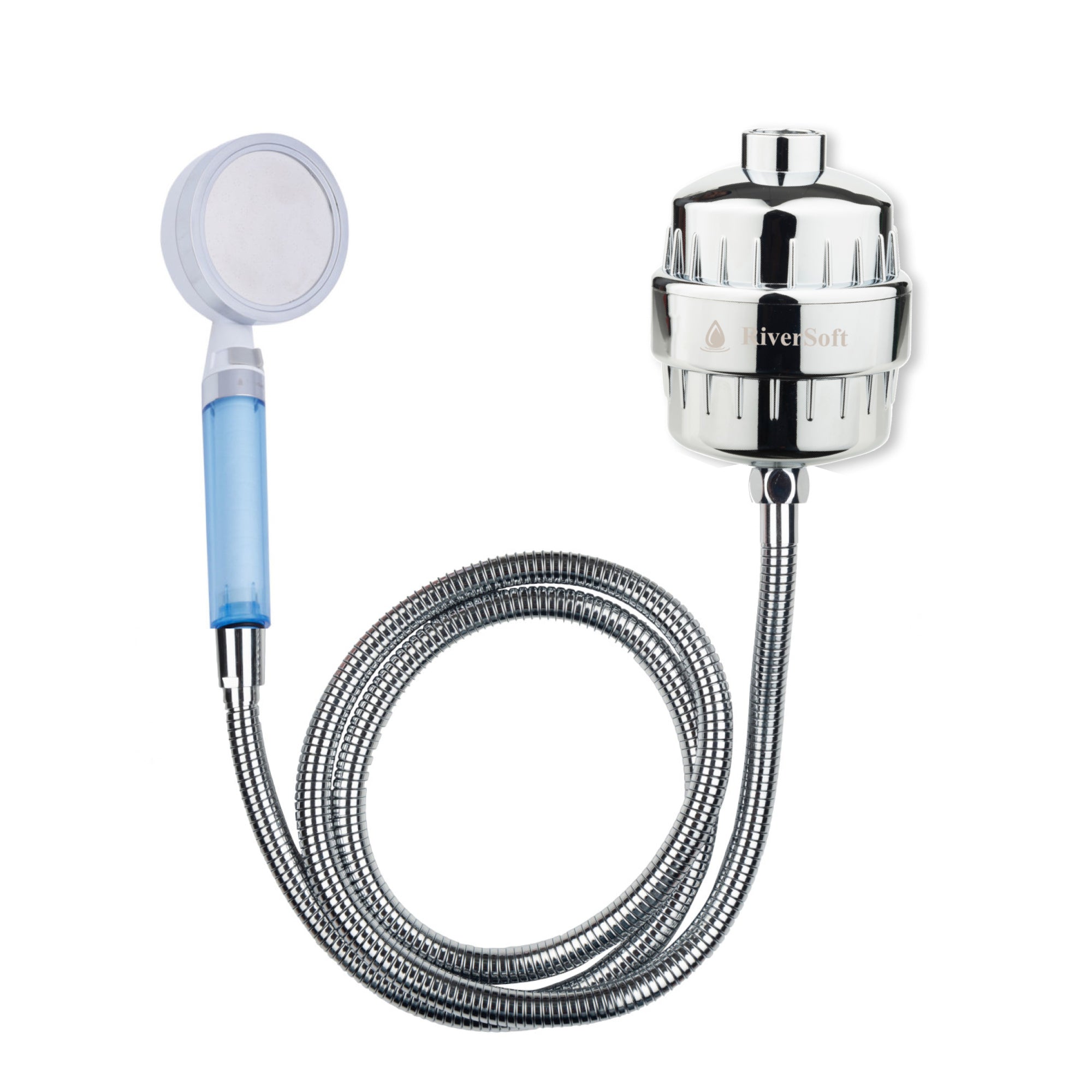


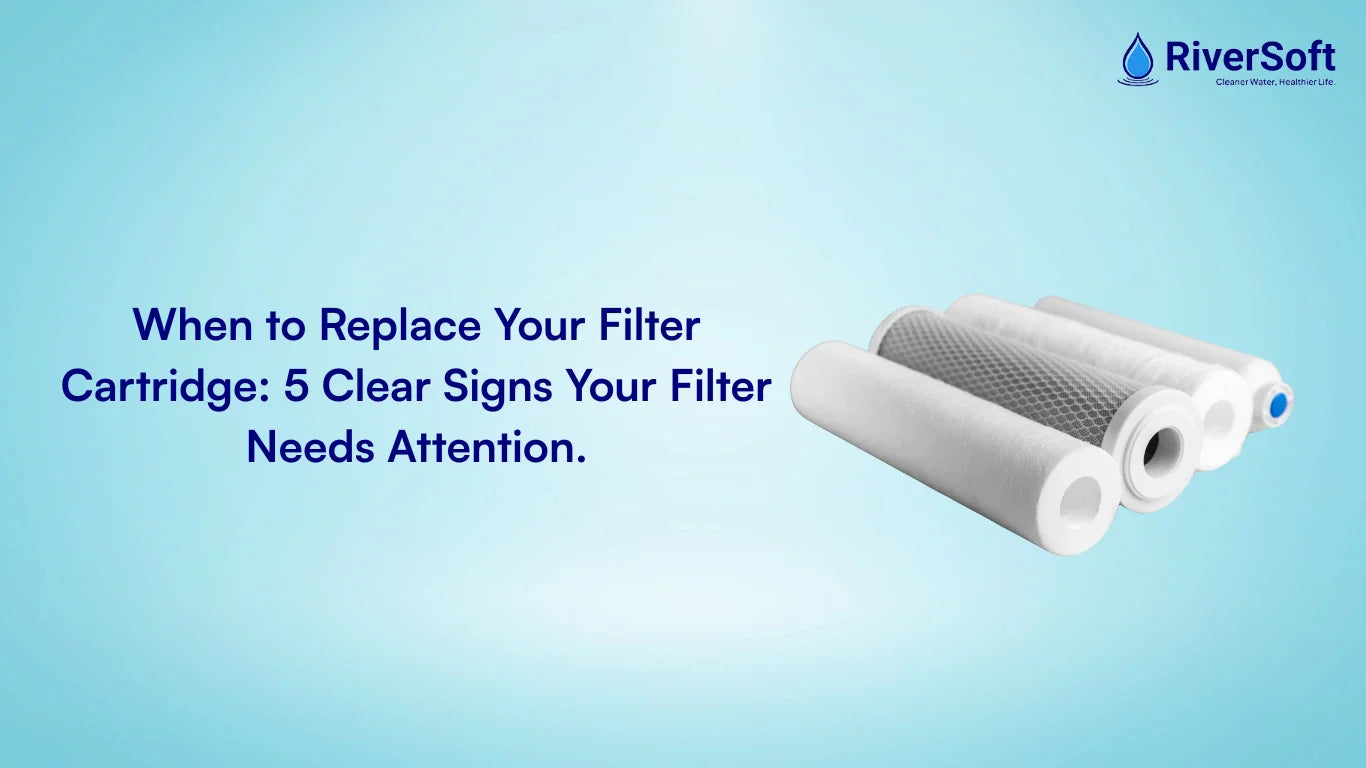
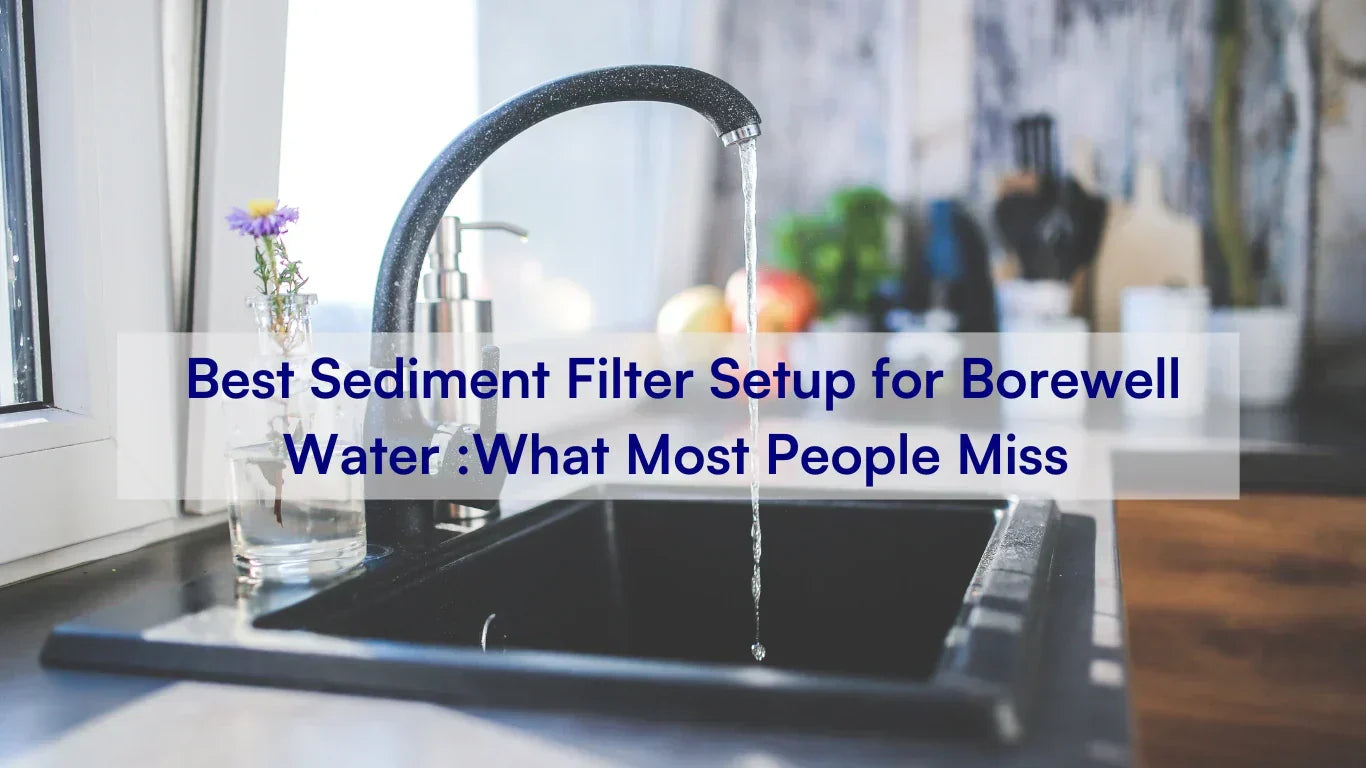
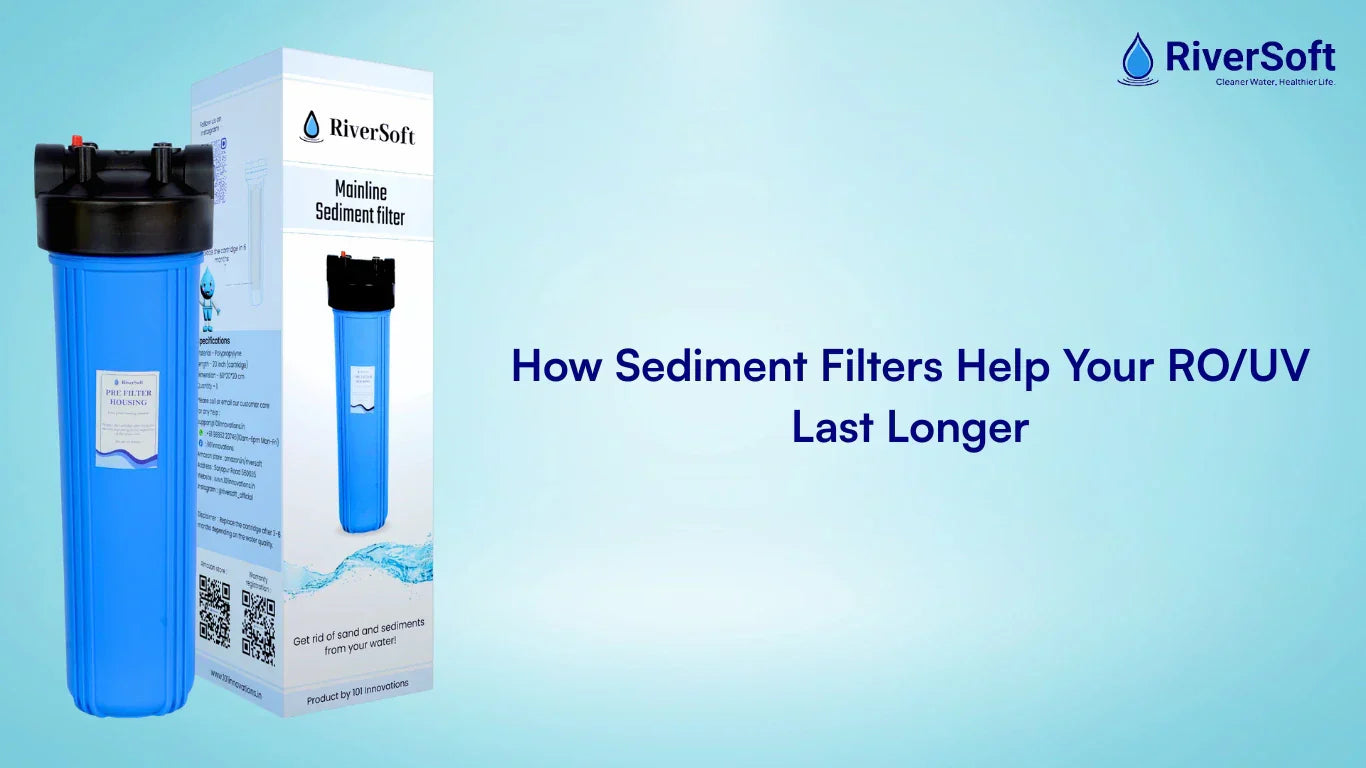
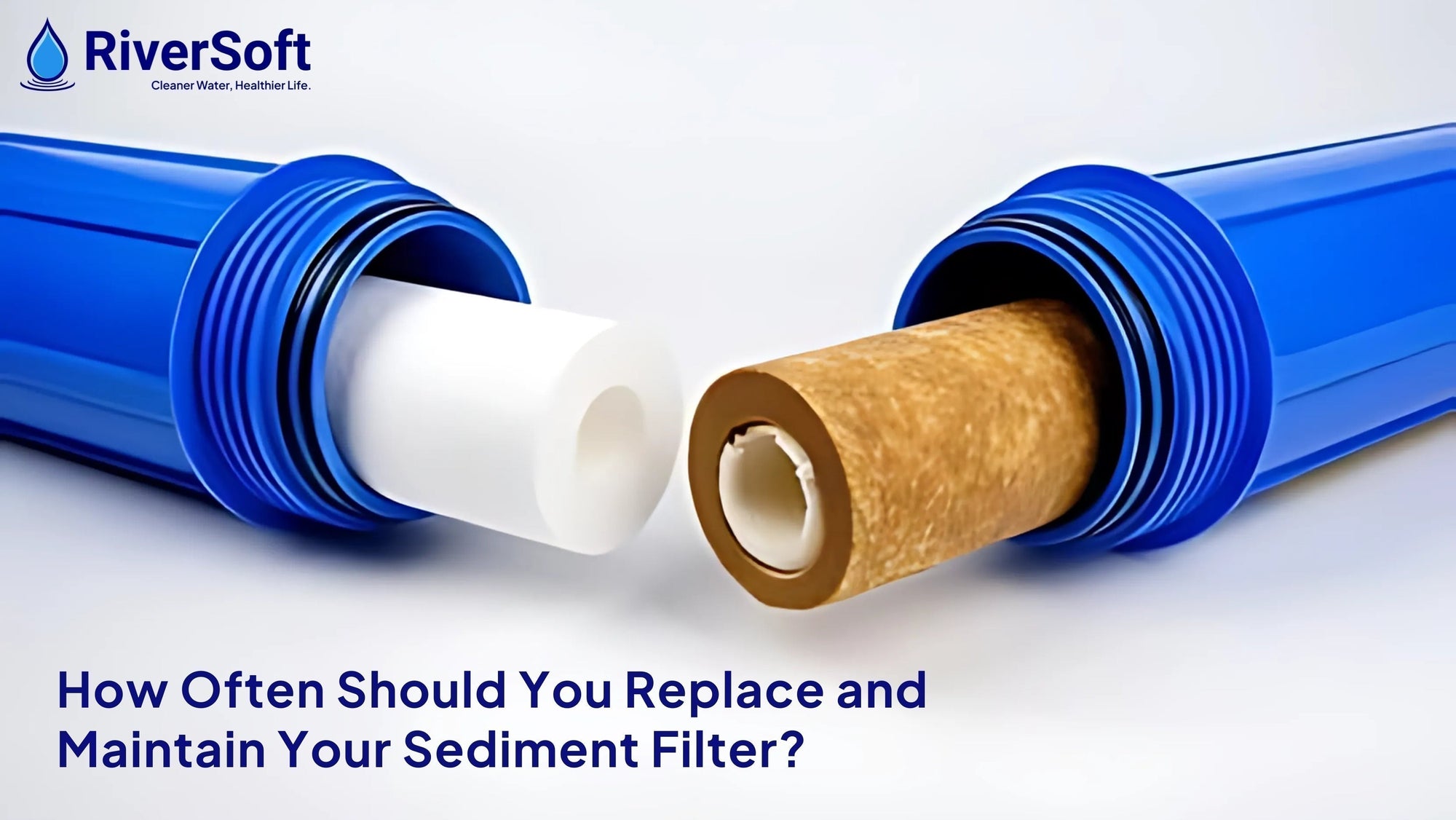
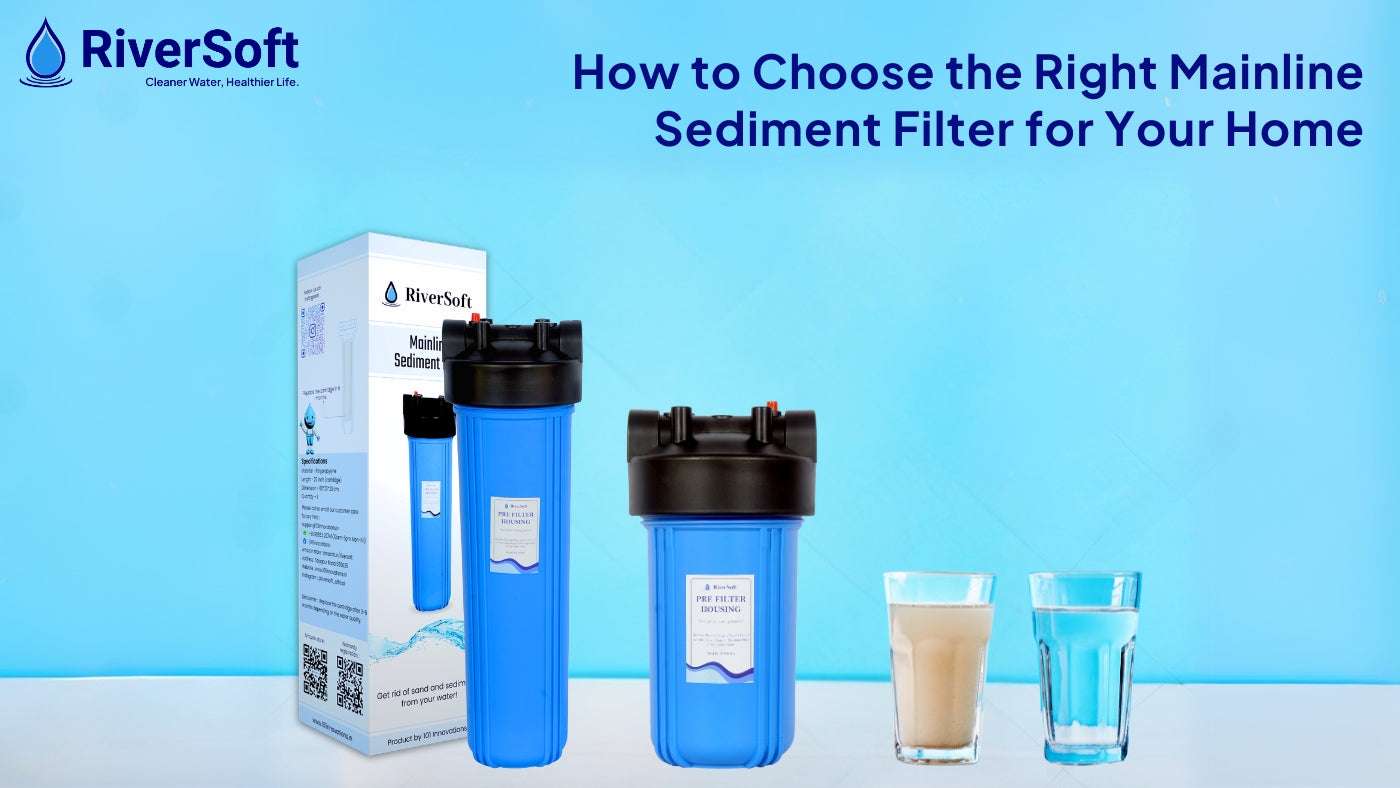

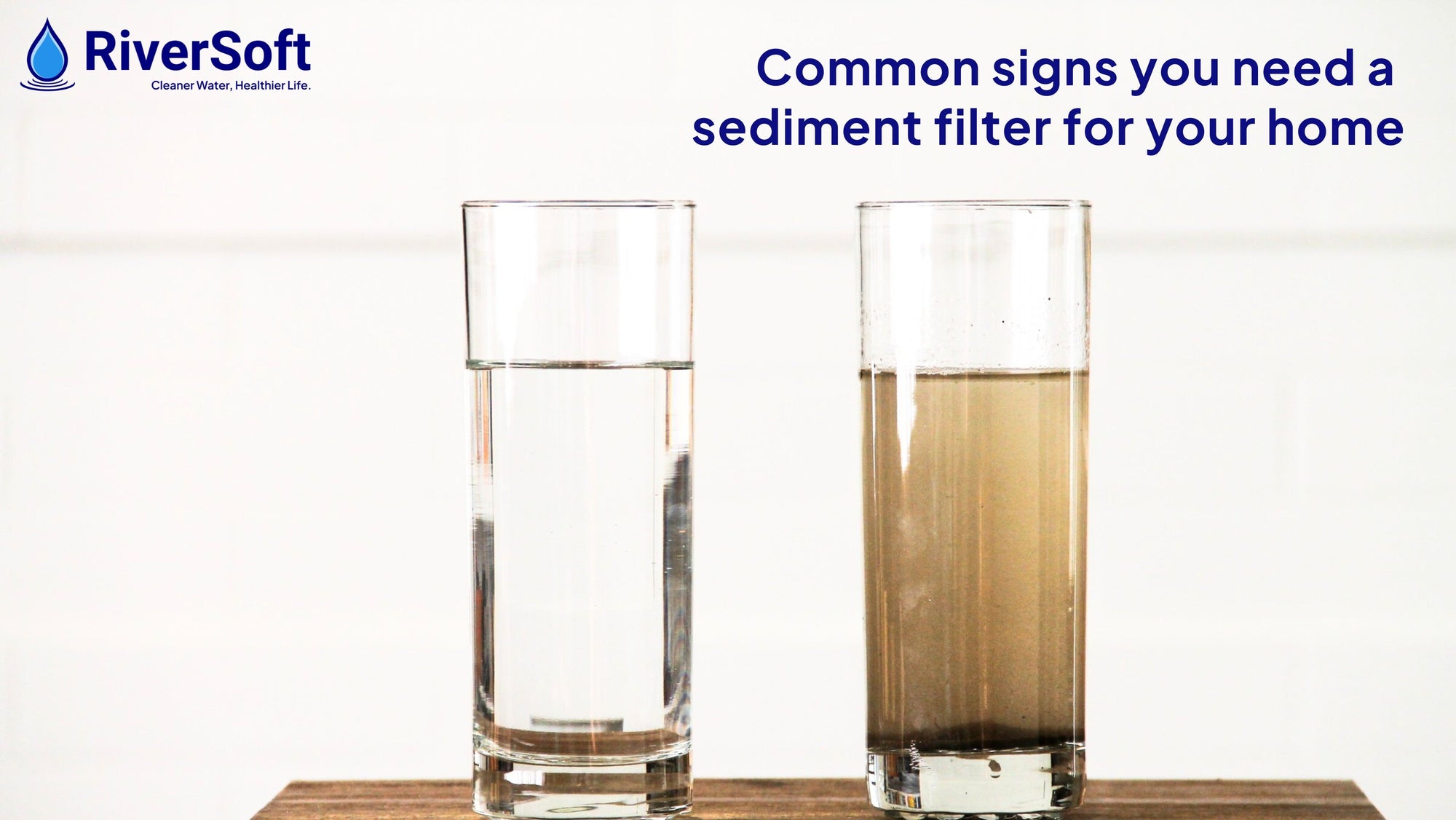
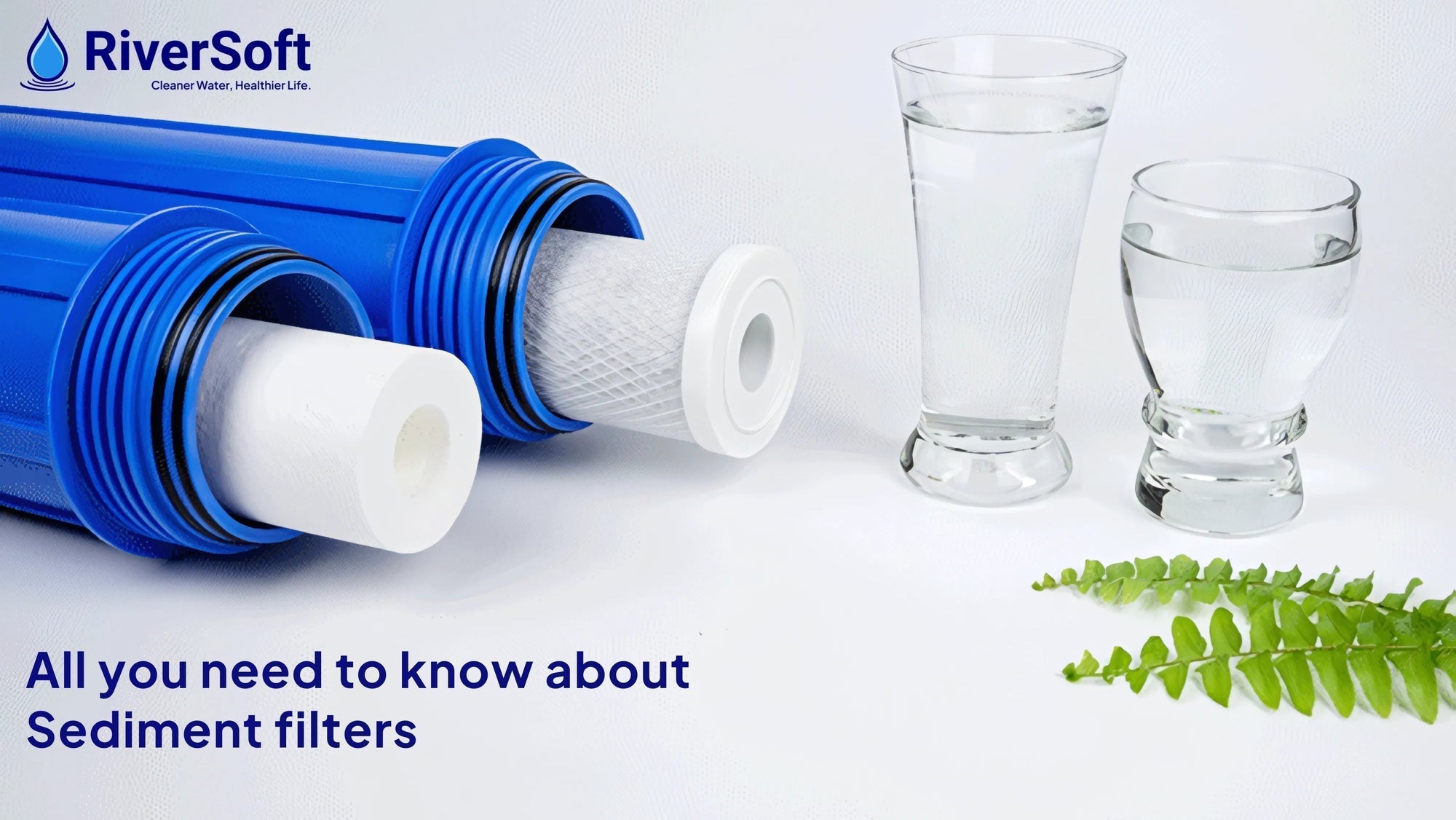
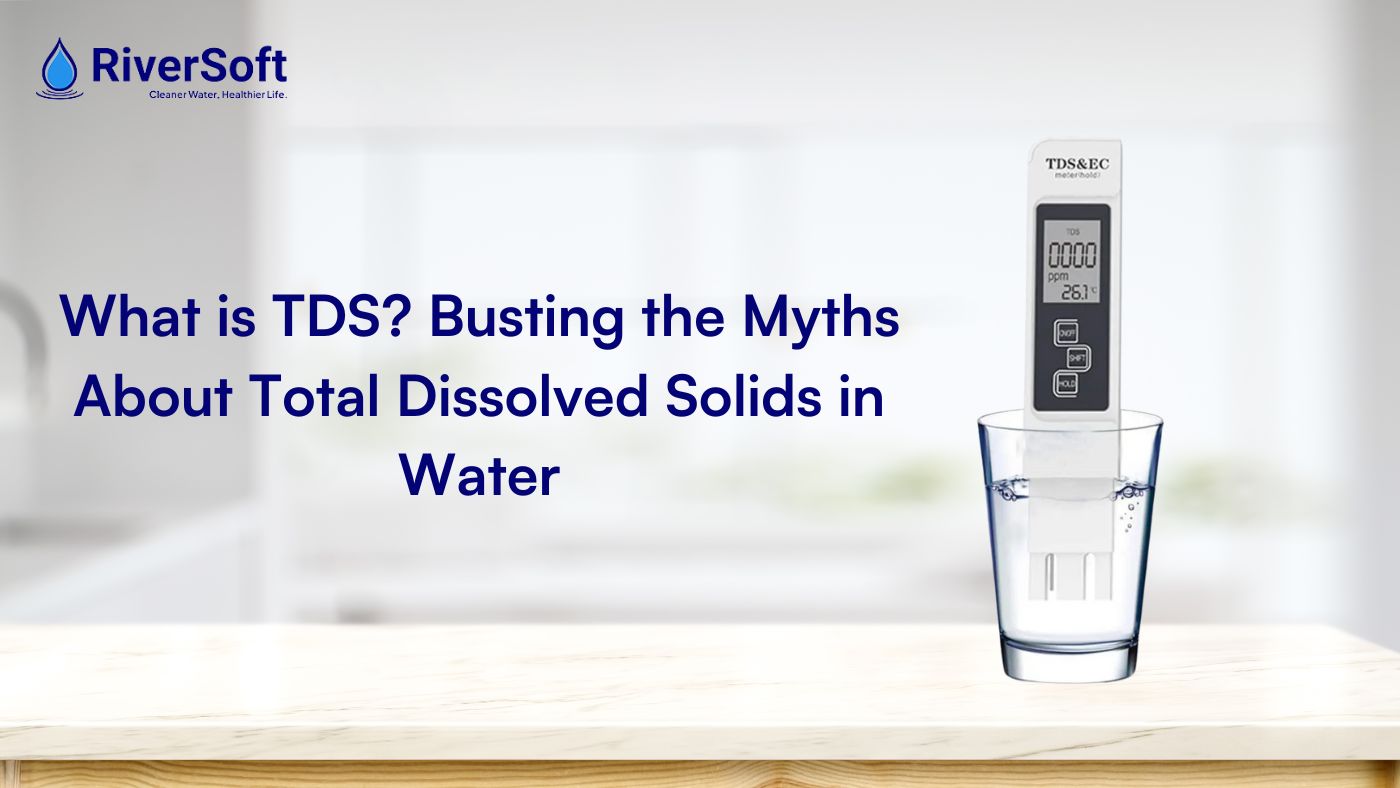
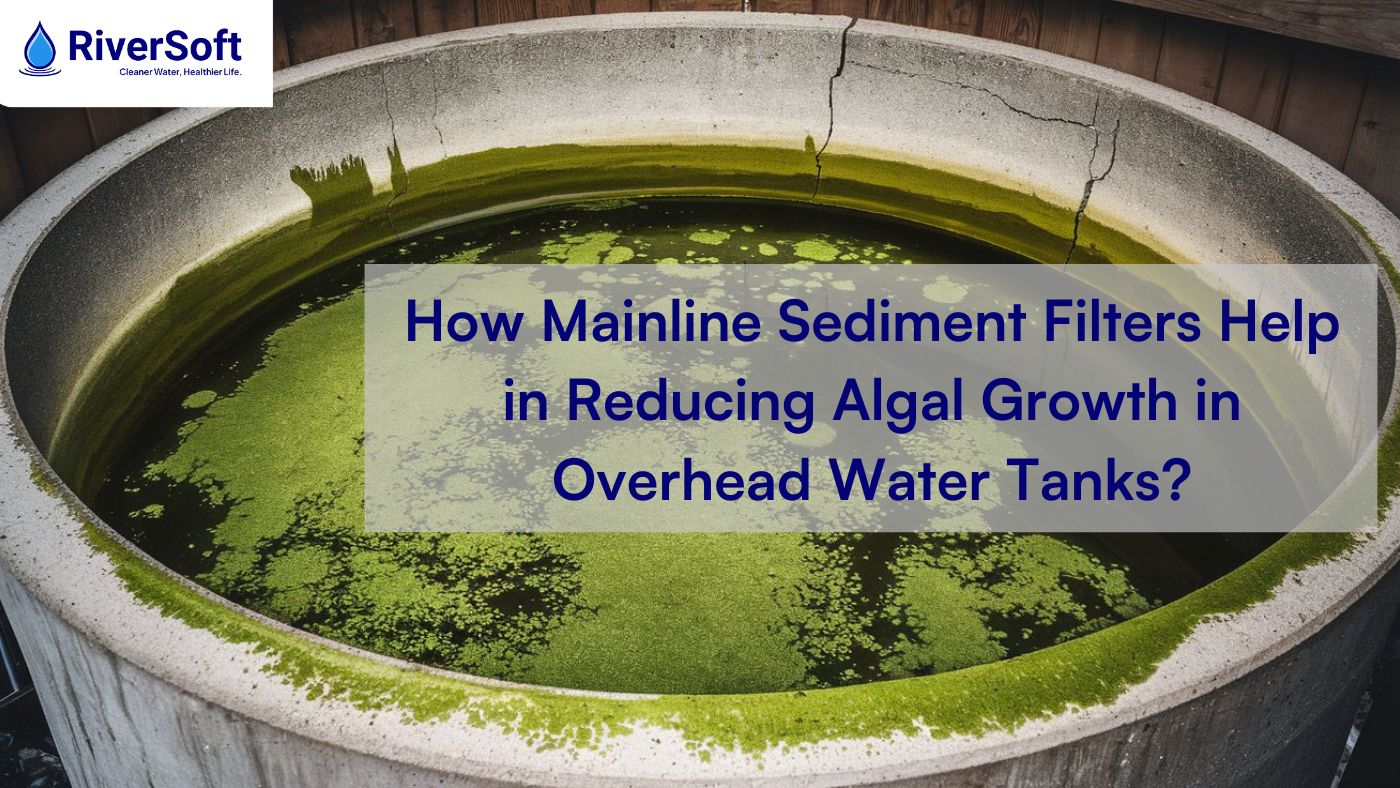

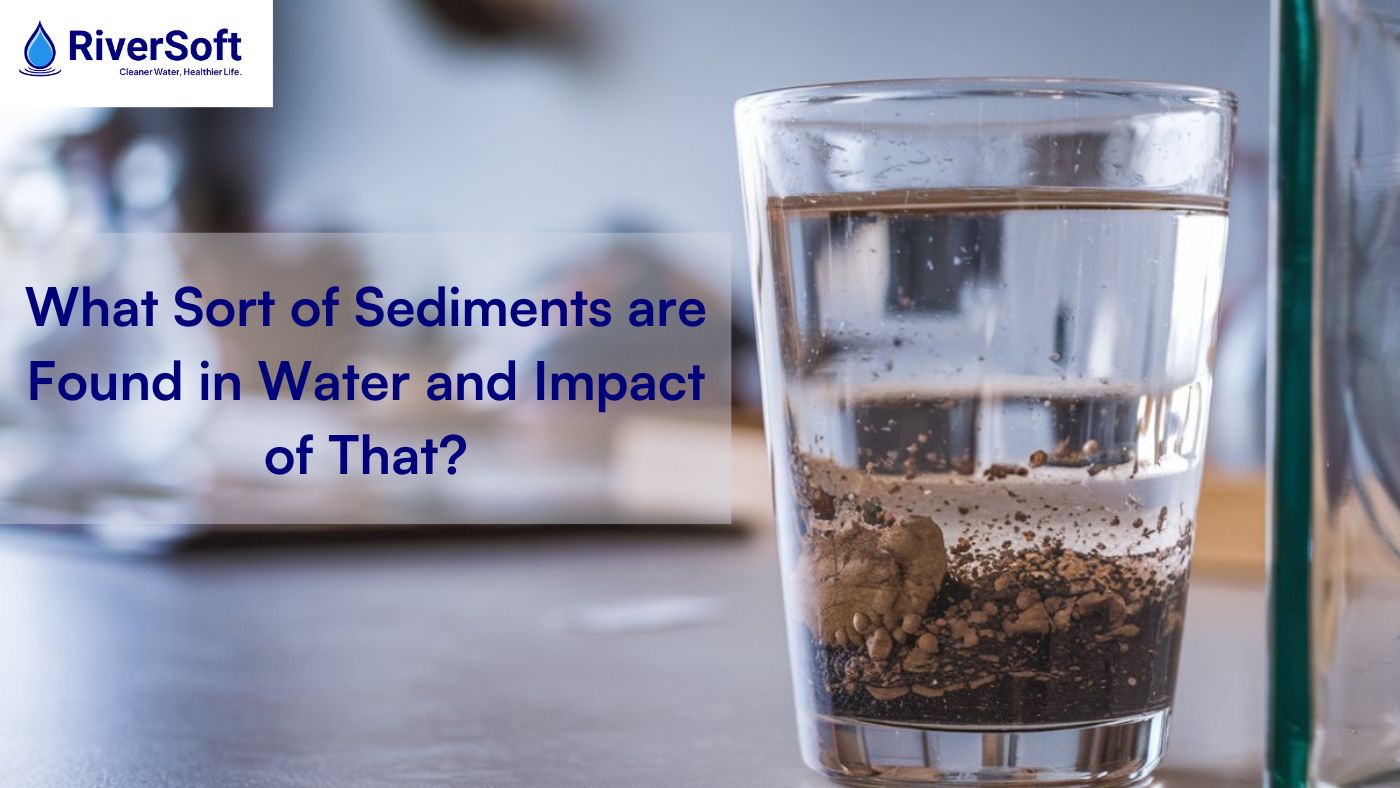
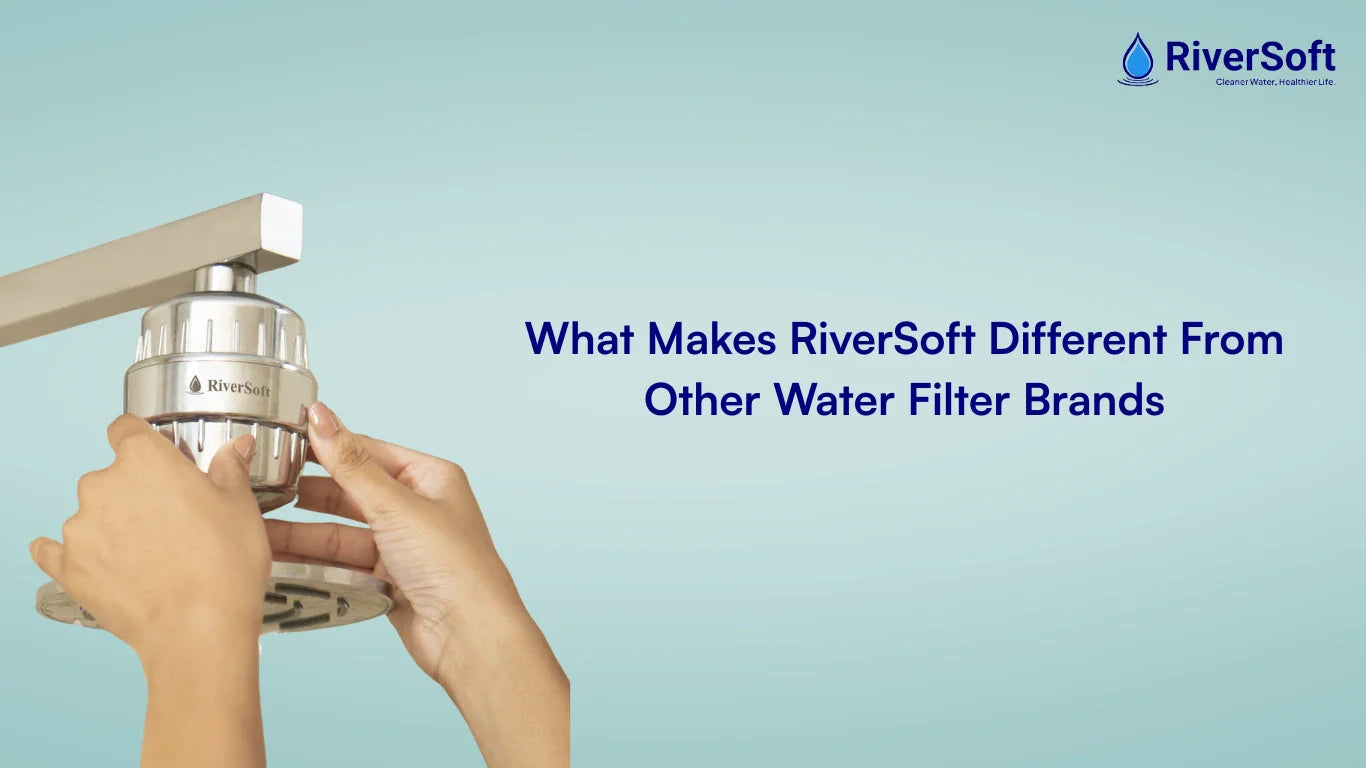
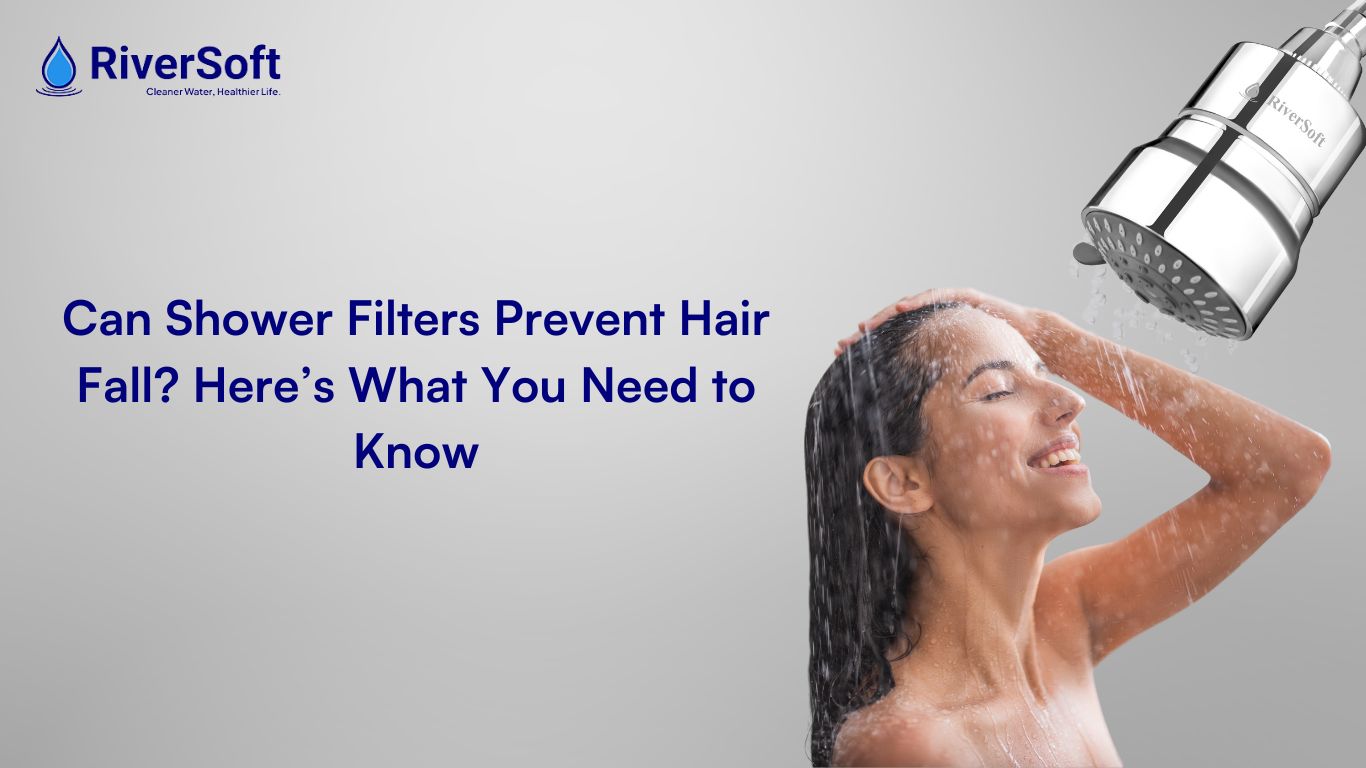

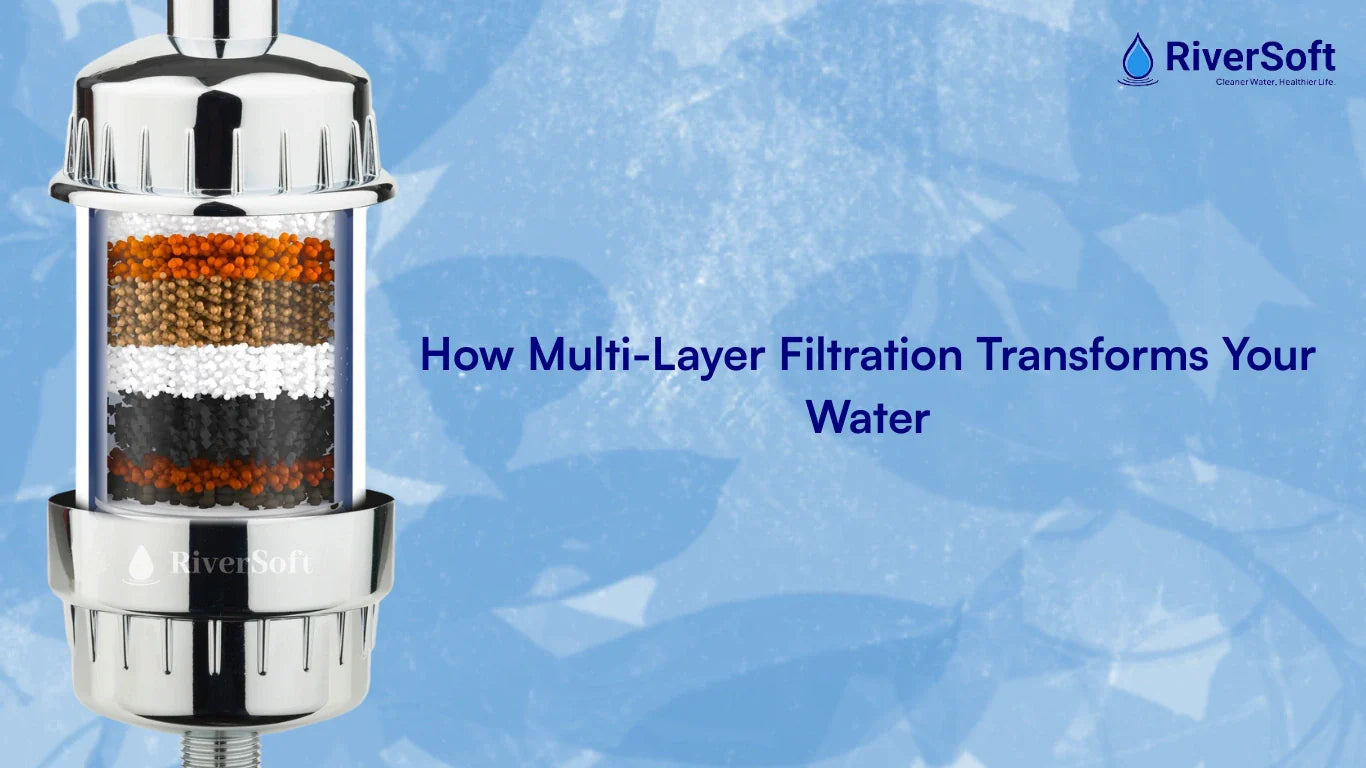
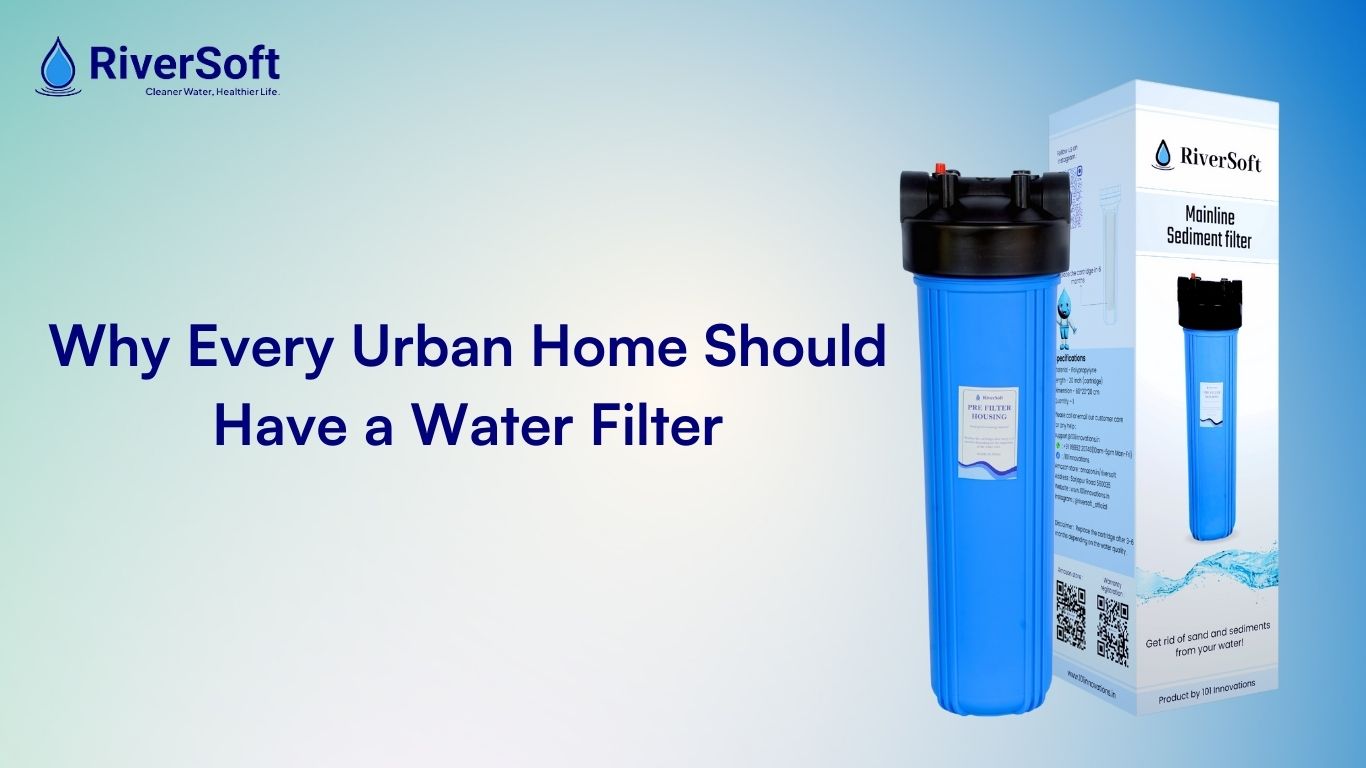


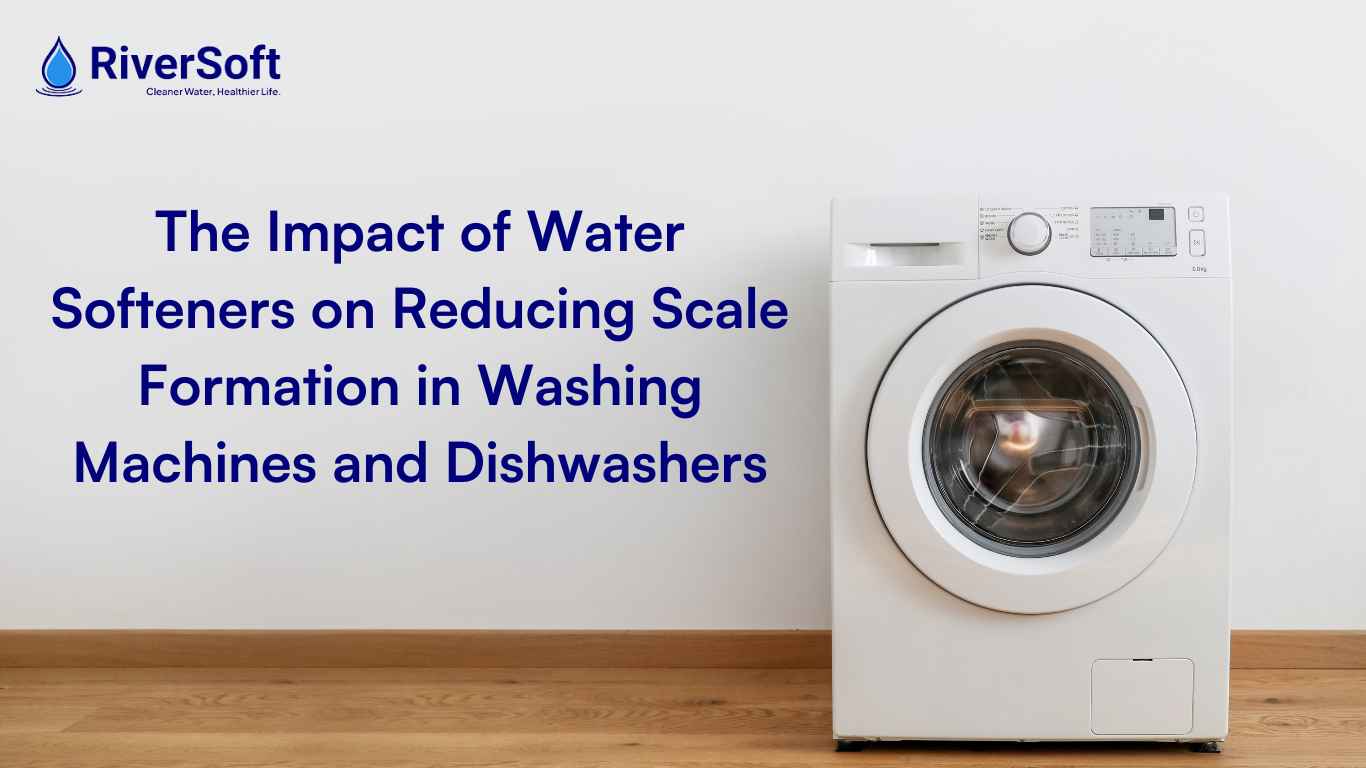

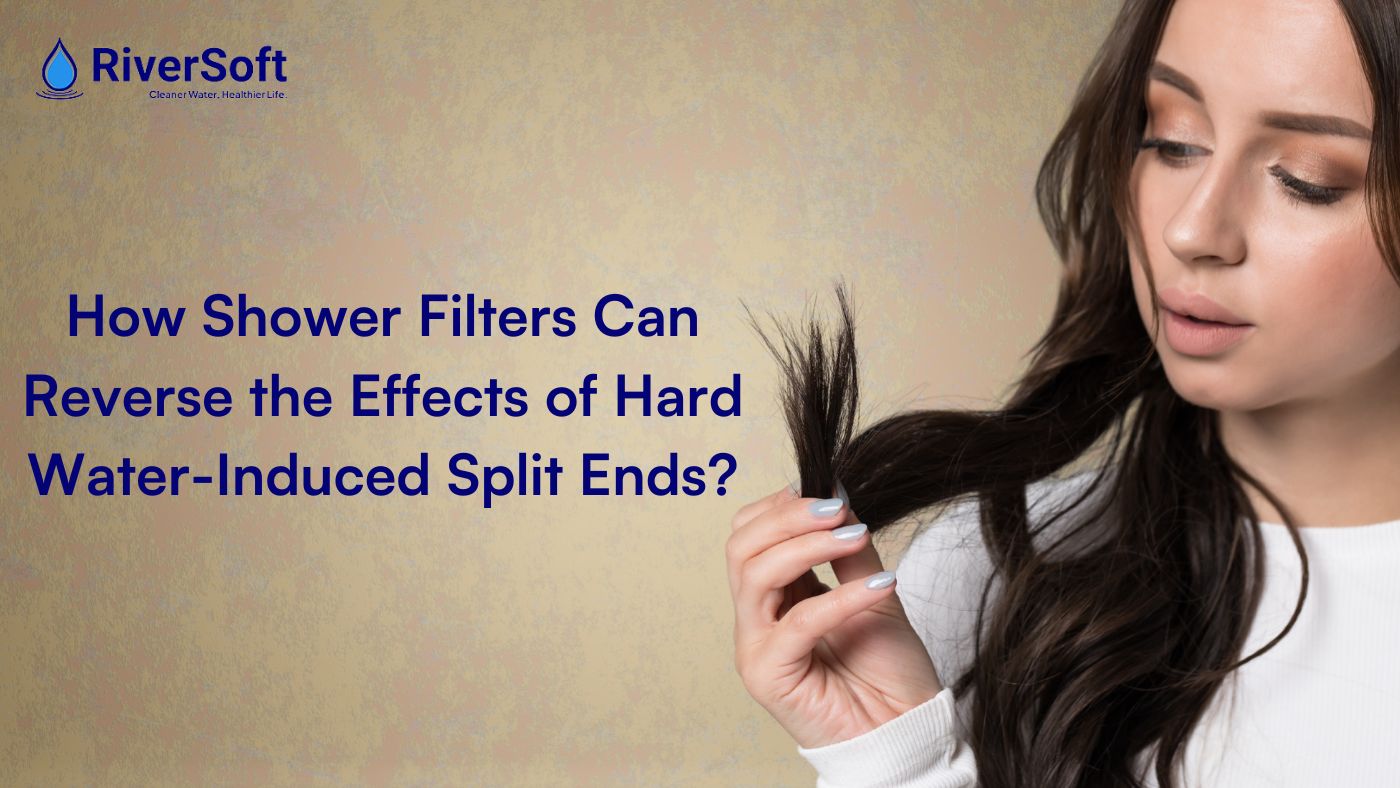
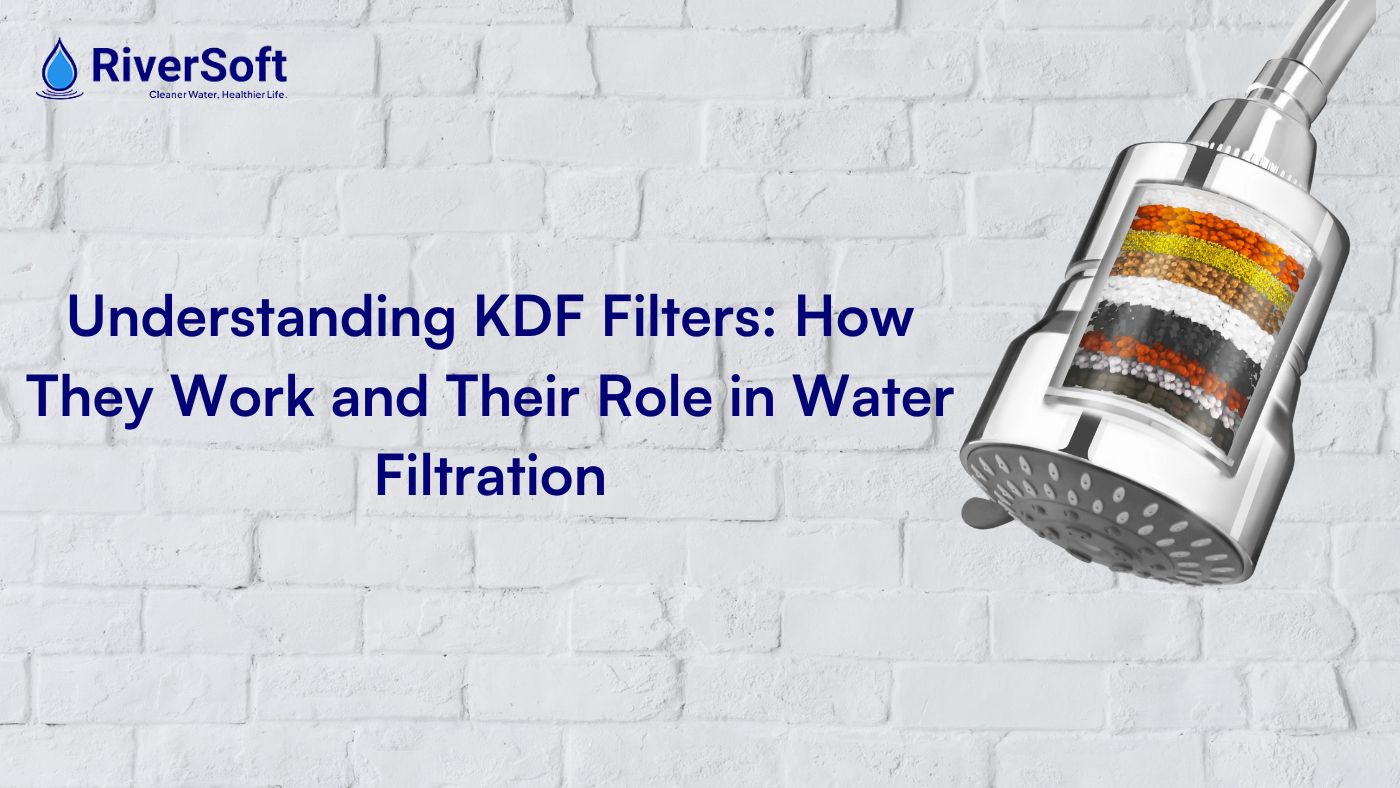
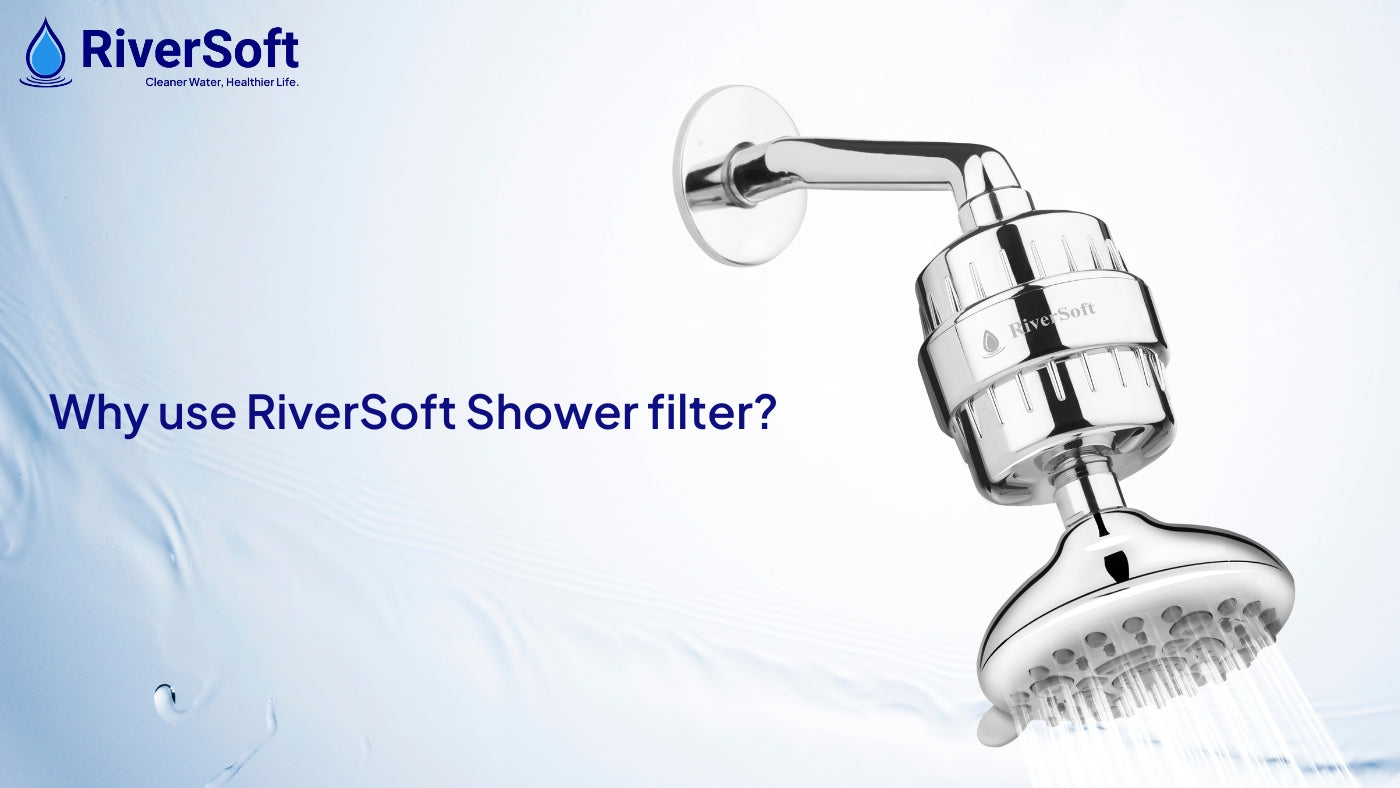
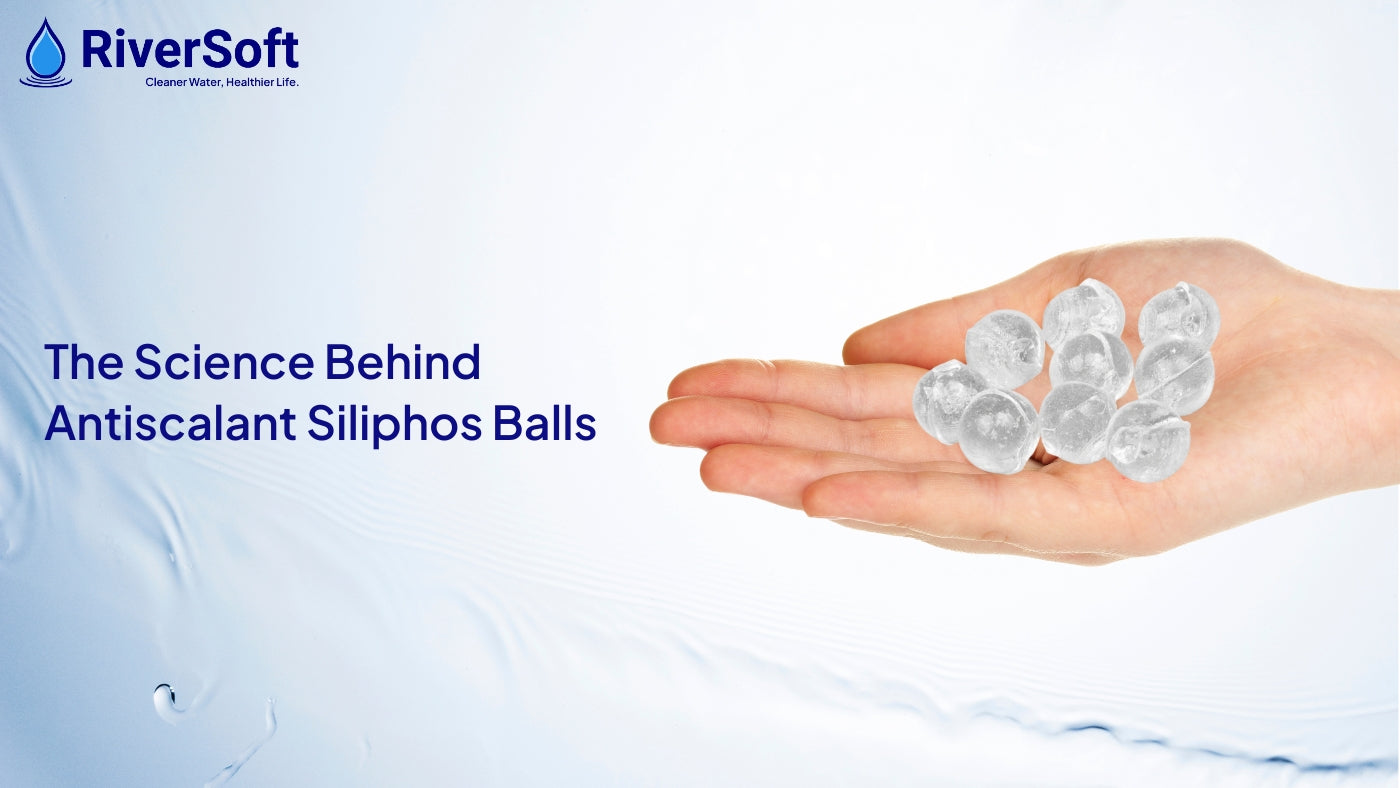


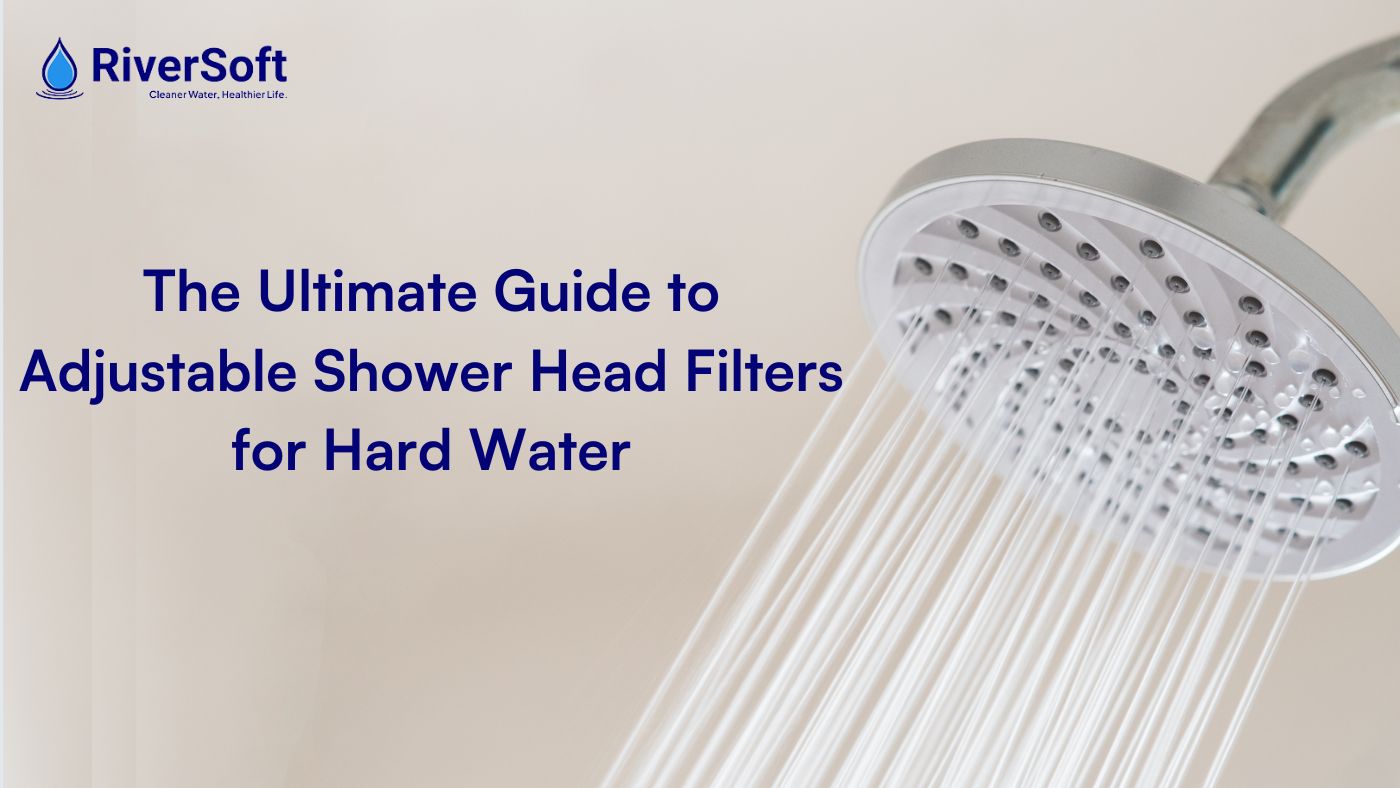

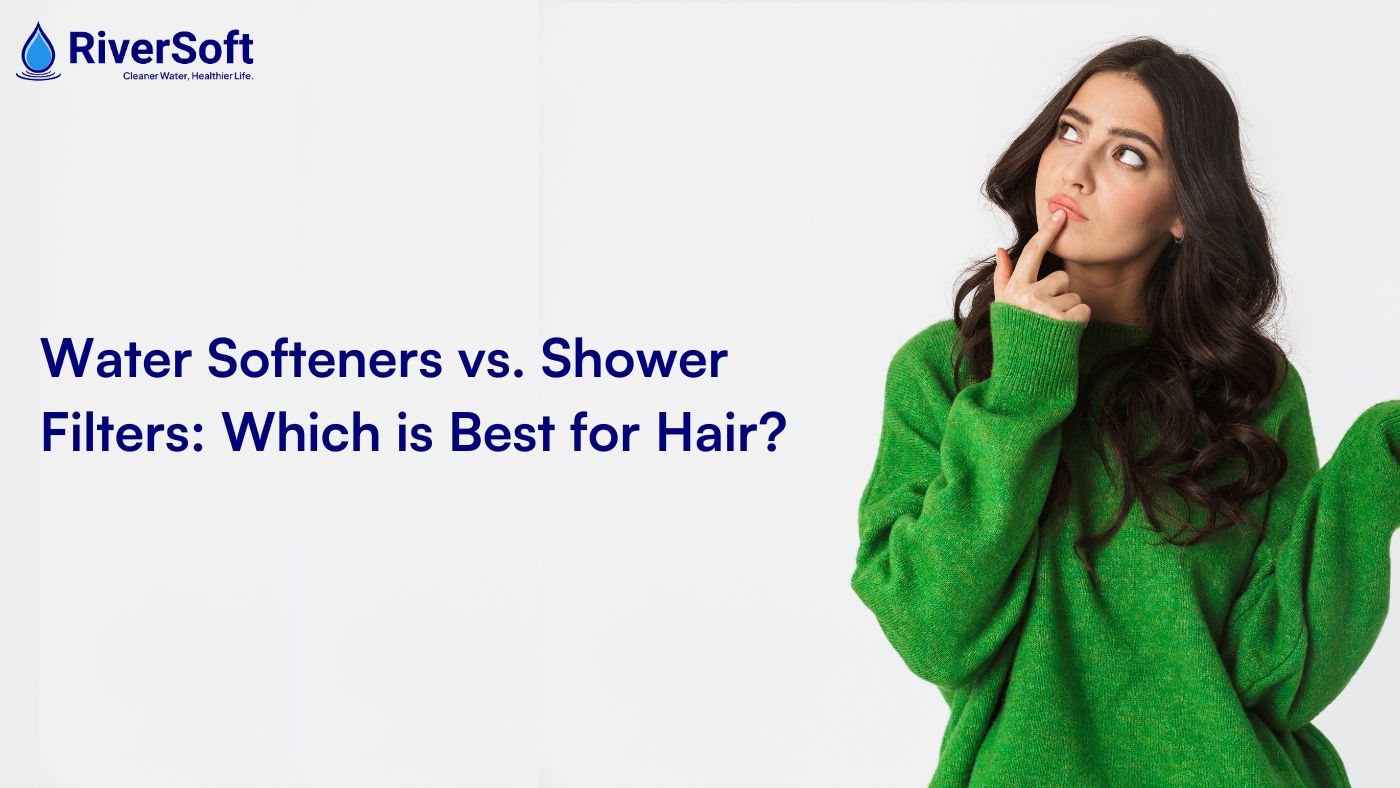
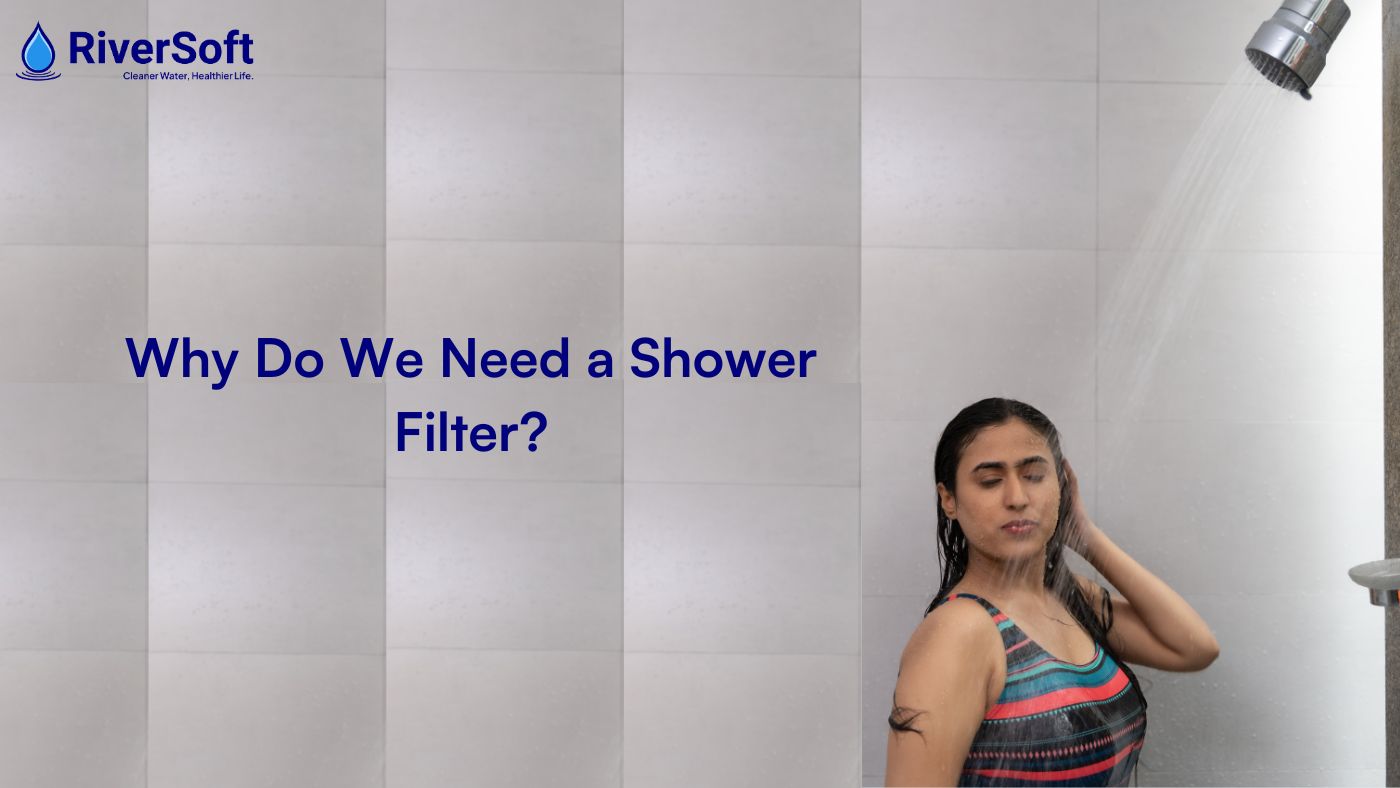







Ashutosh was inspired to solve water quality issues after witnessing the harmful effects of hard water on his family’s health and home. Recognizing the widespread impact of poor water quality, he committed to creating innovative solutions that ensure safe and clean water for everyone. He is an alumnus of IIT Delhi and IIM Ahmedabad, bringing a strong technical and managerial background to RiverSoft.